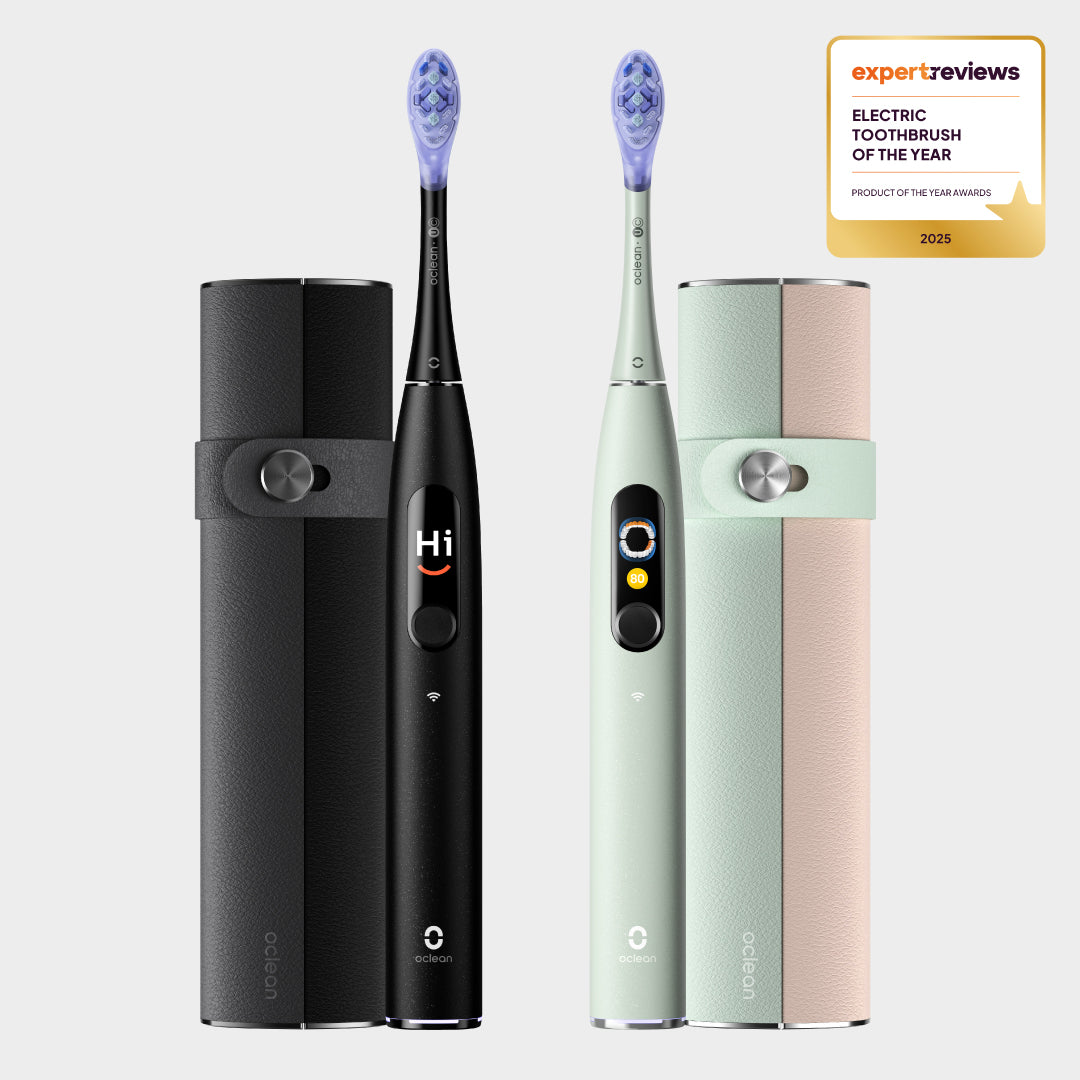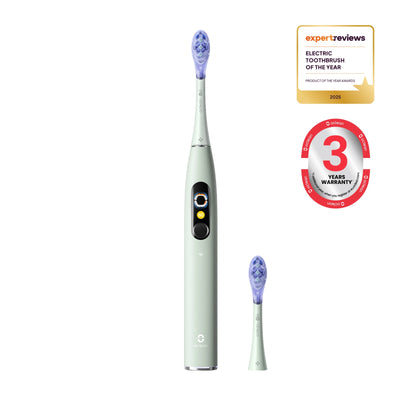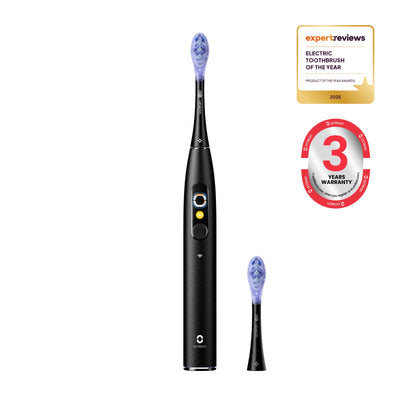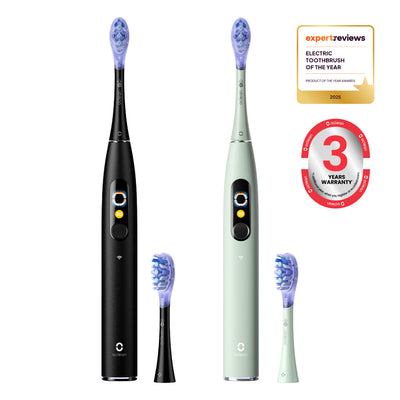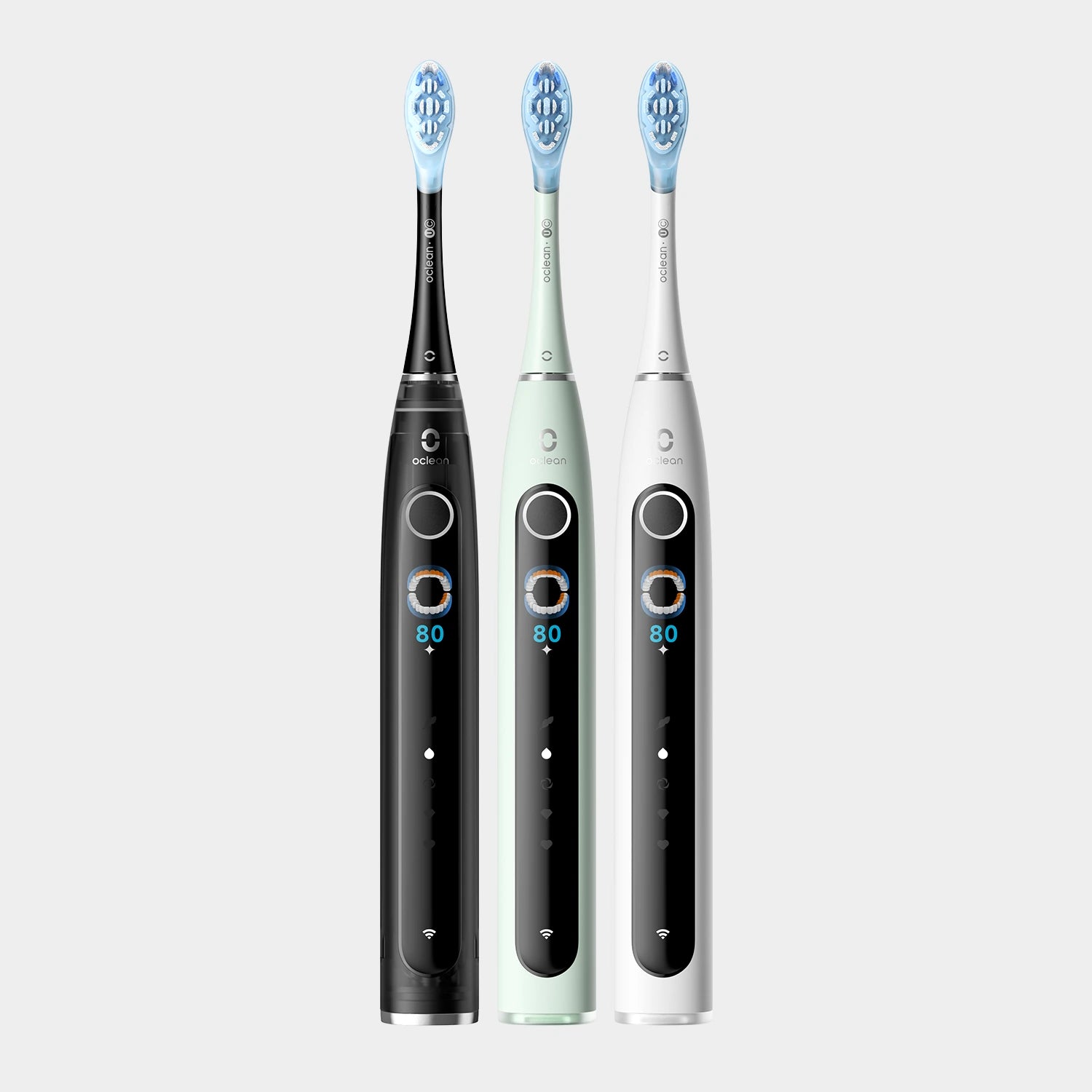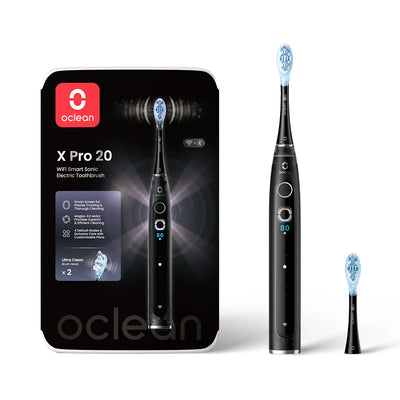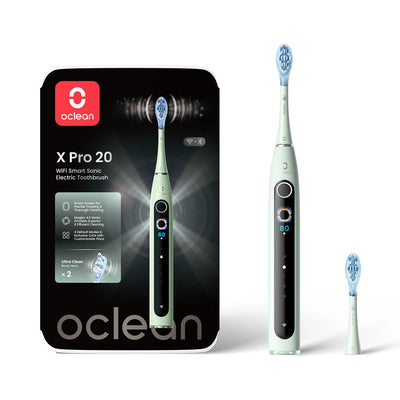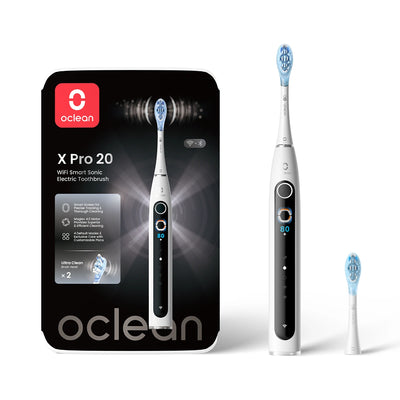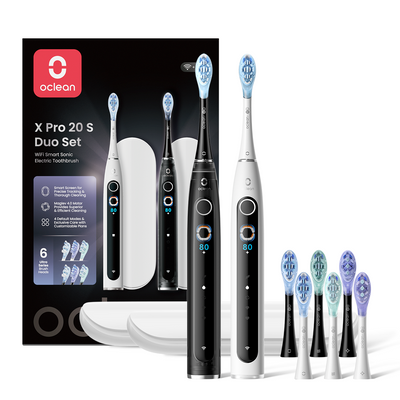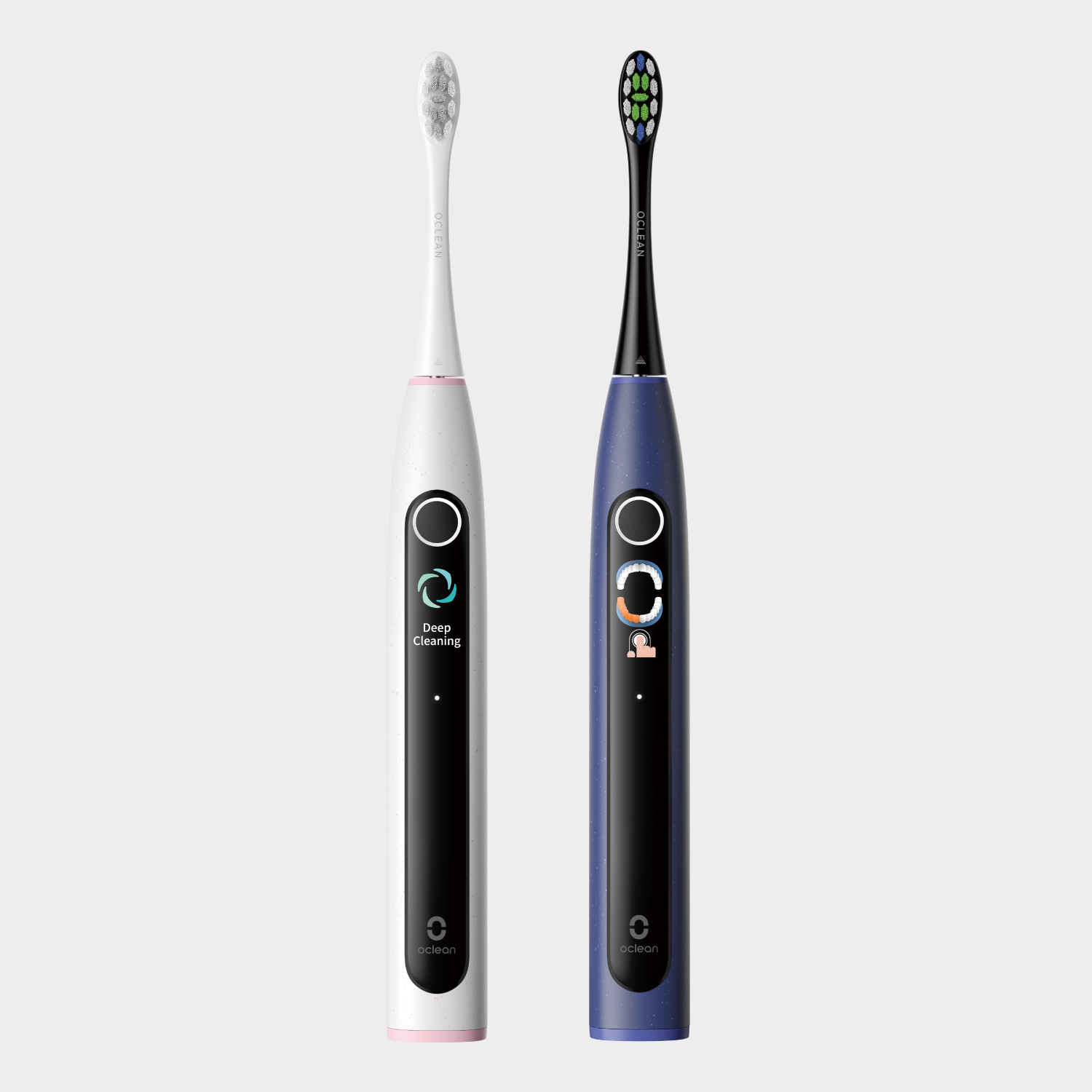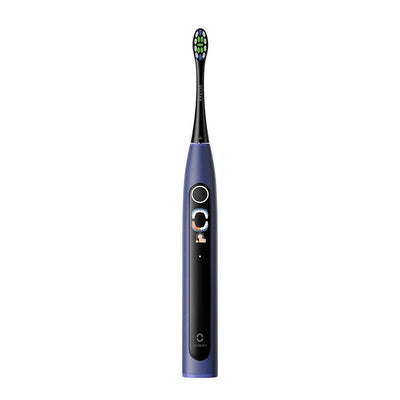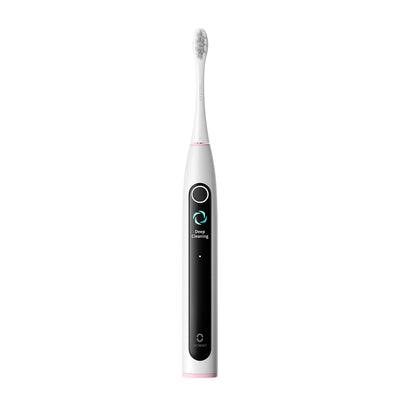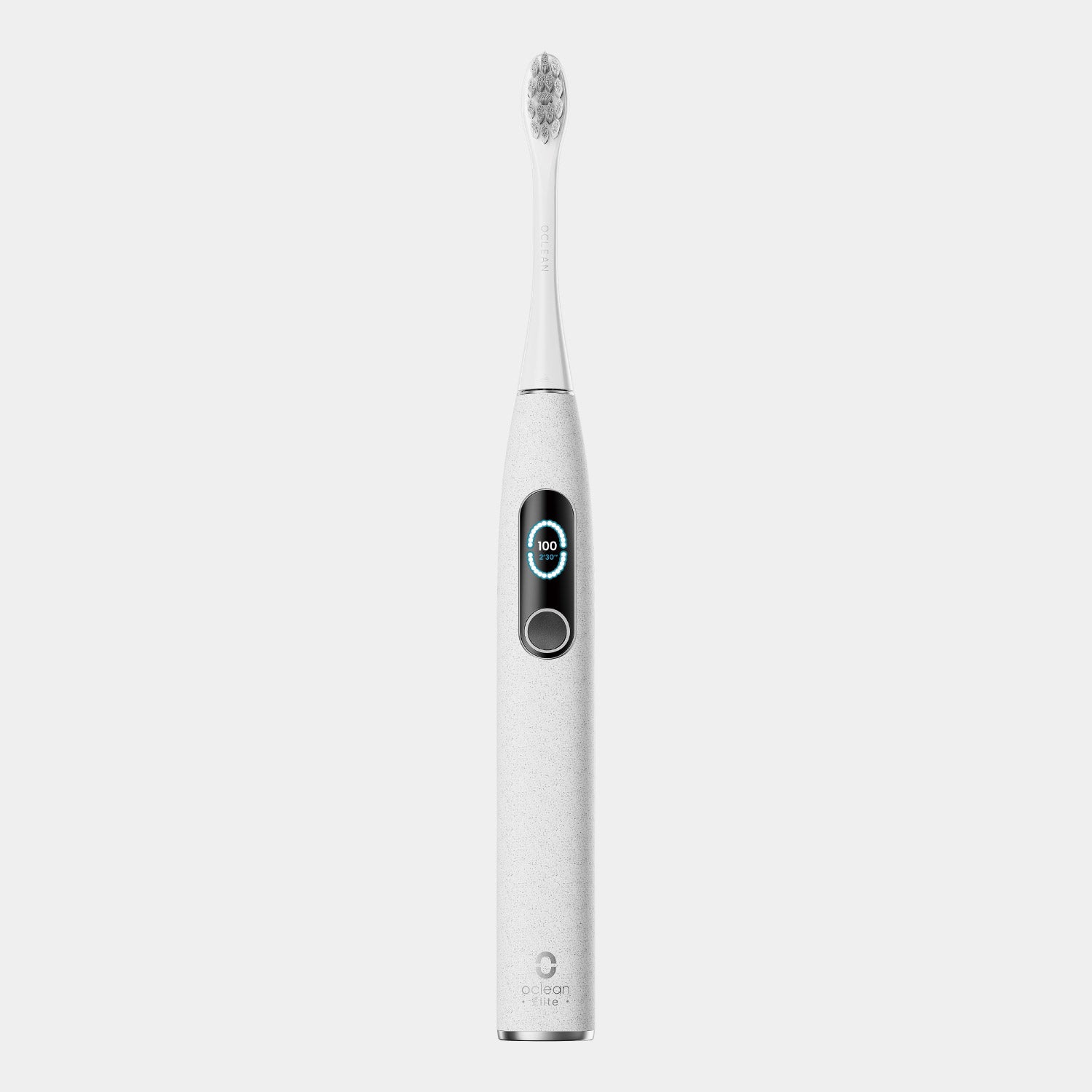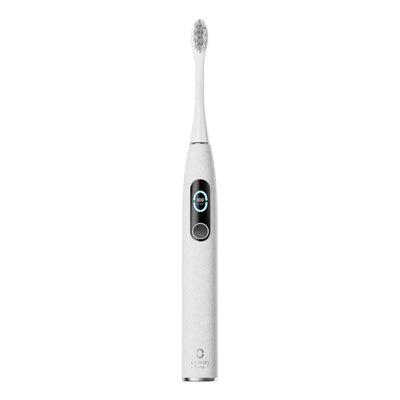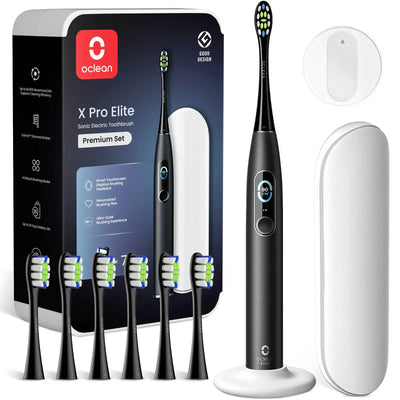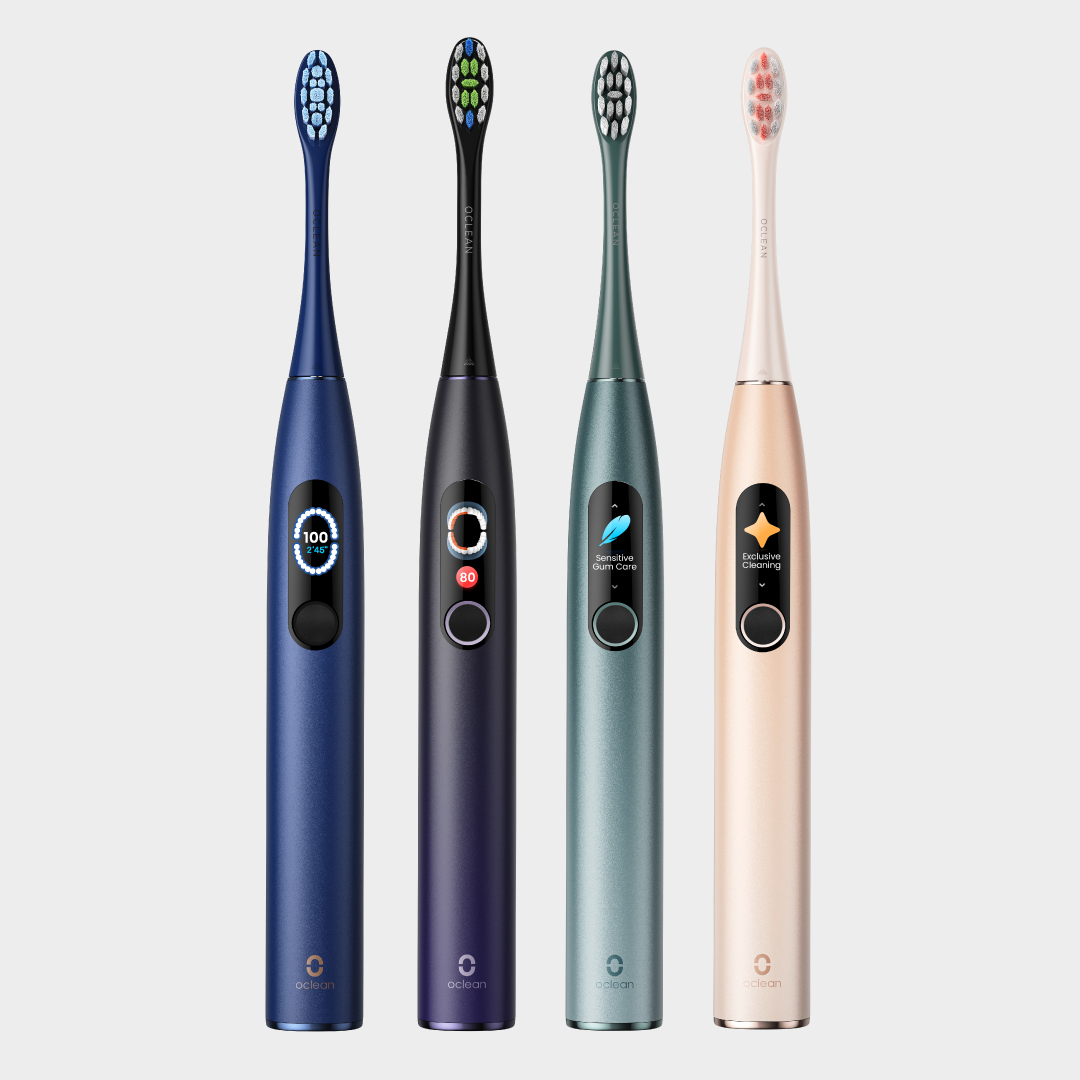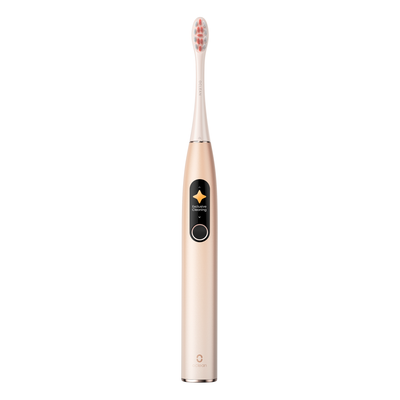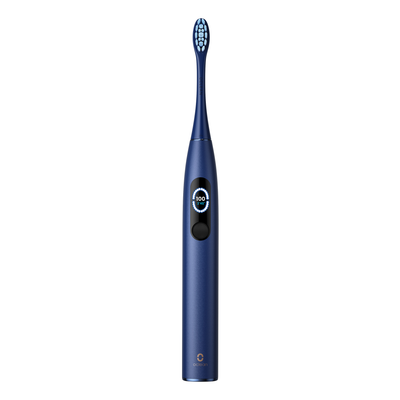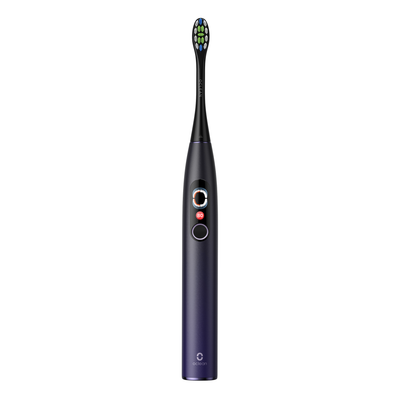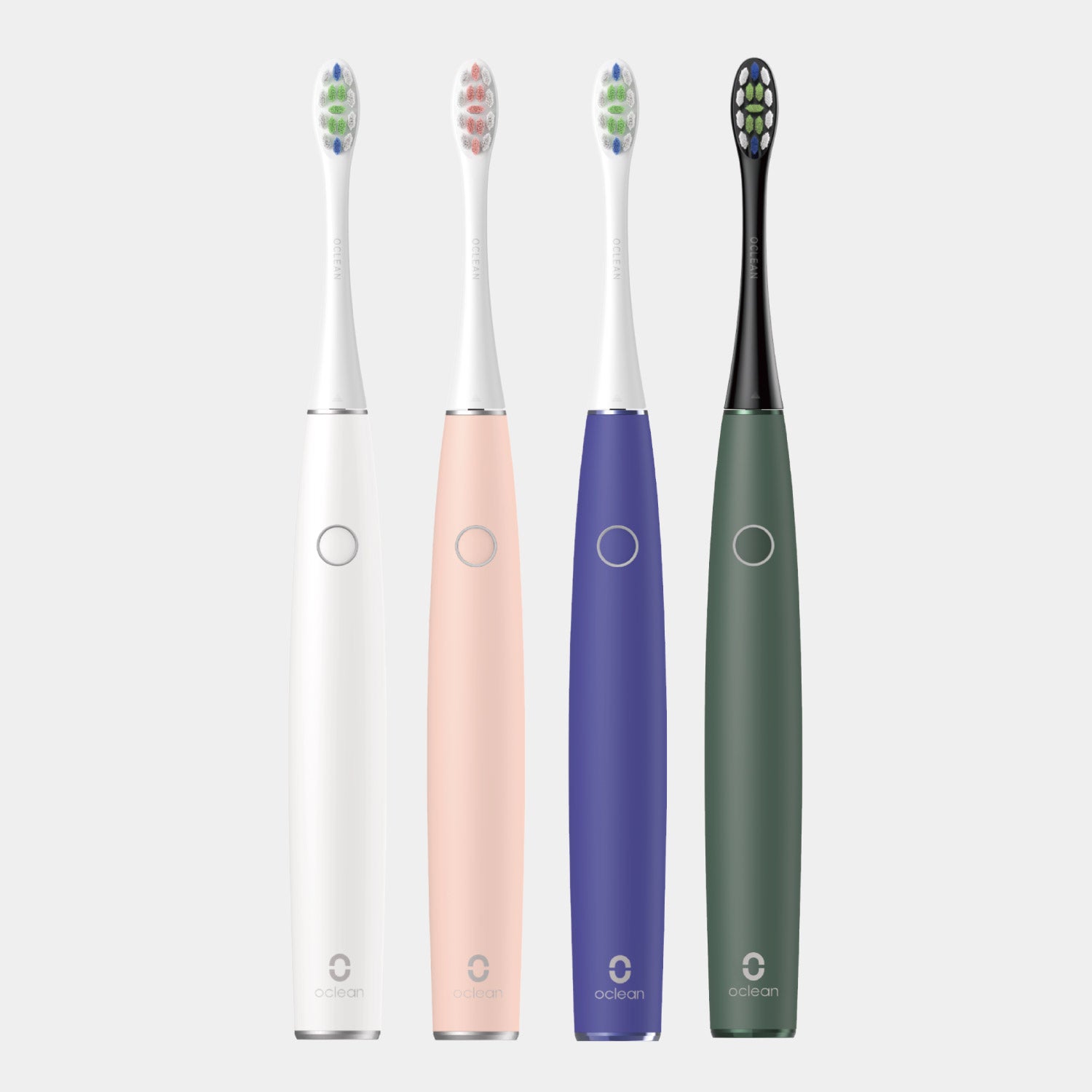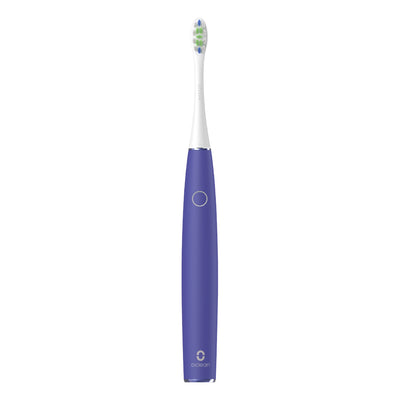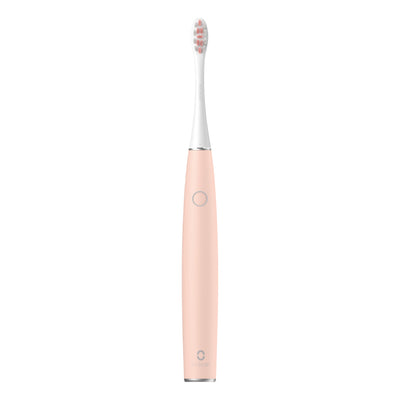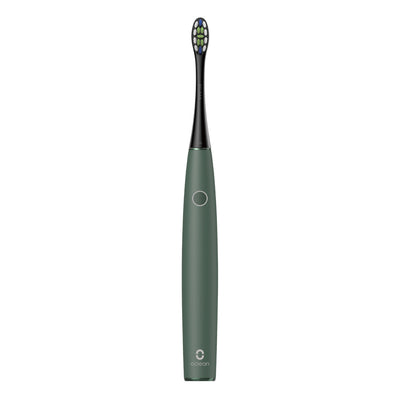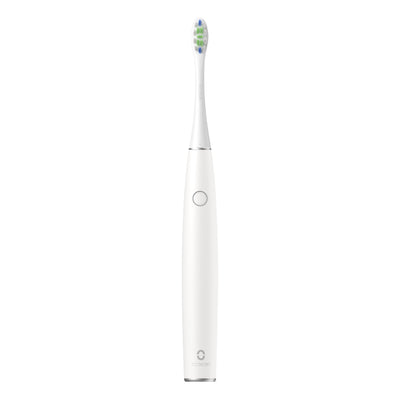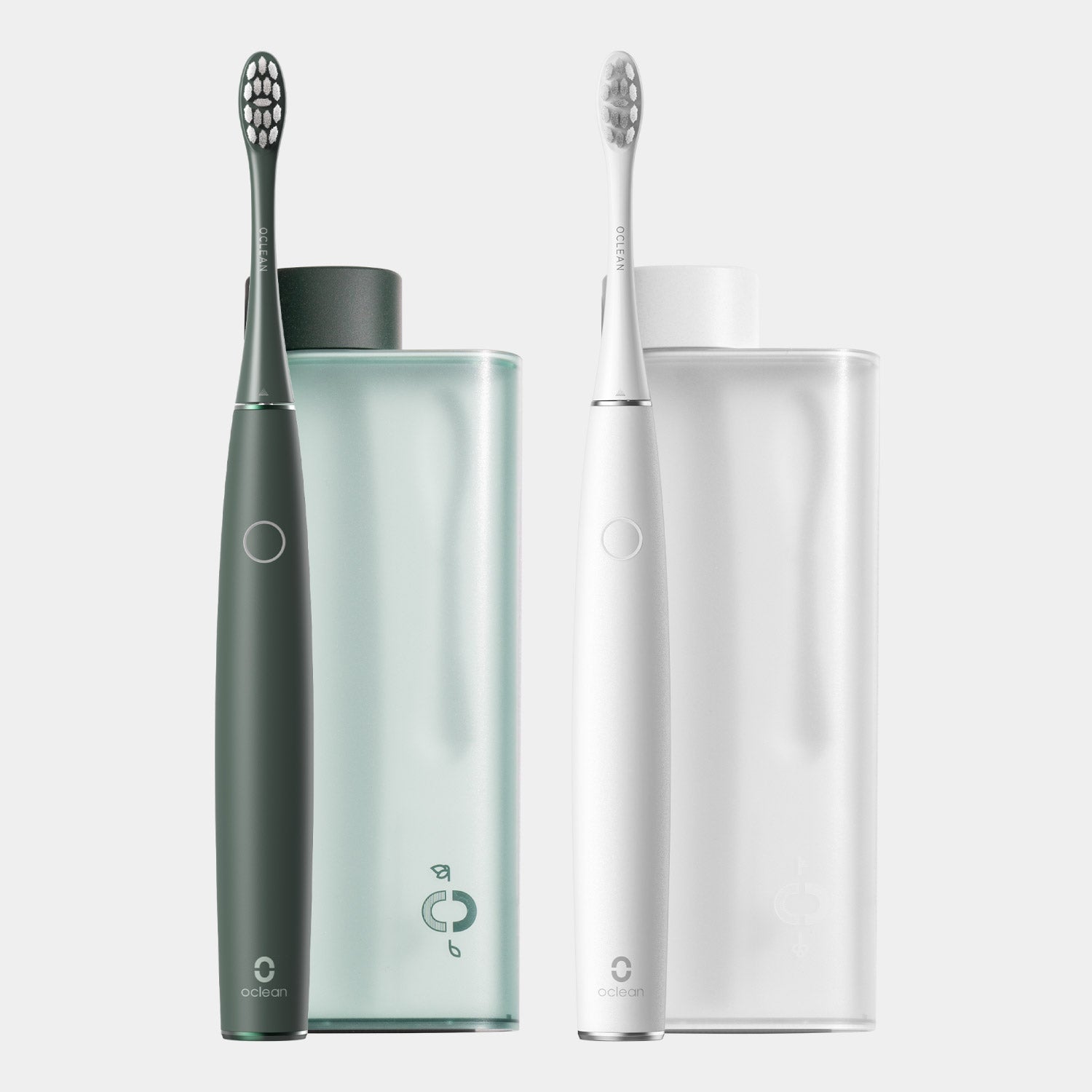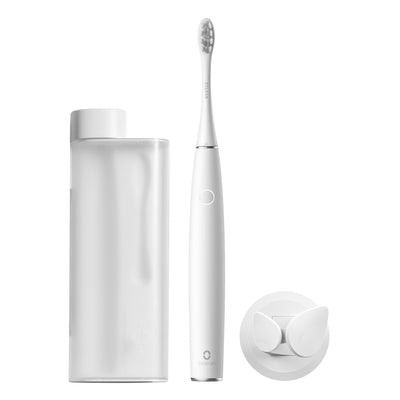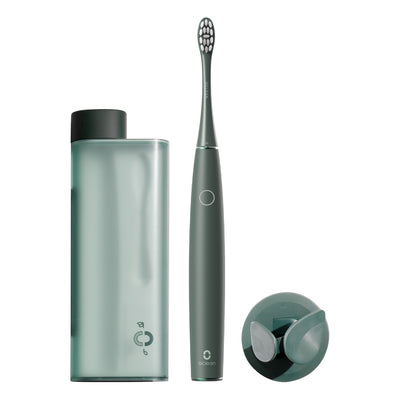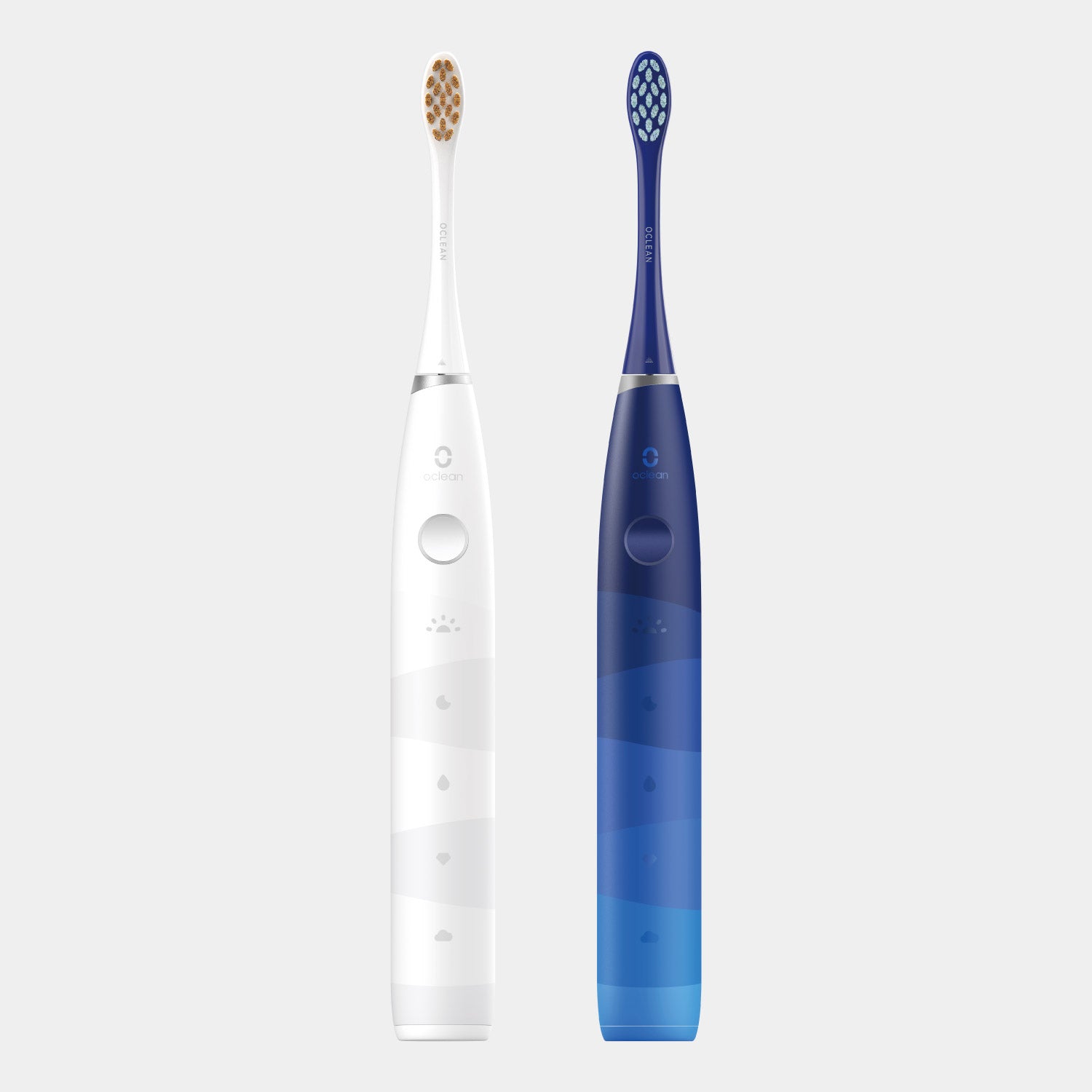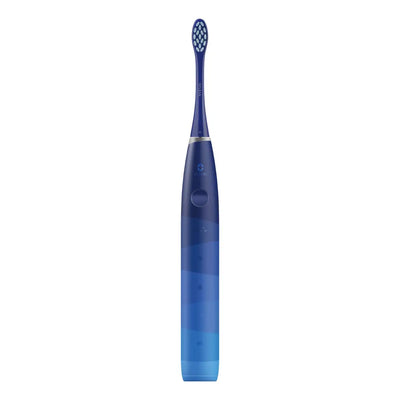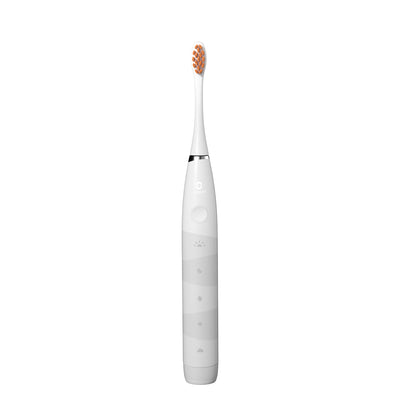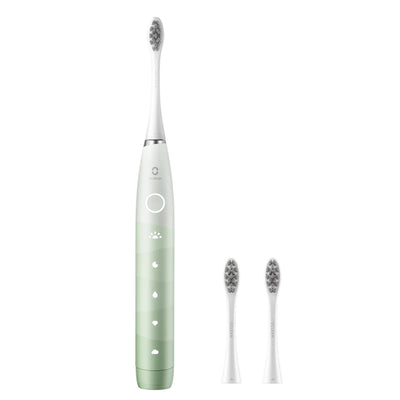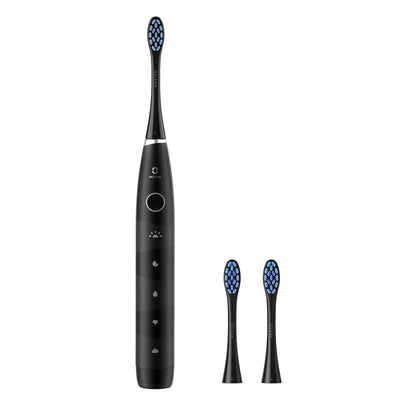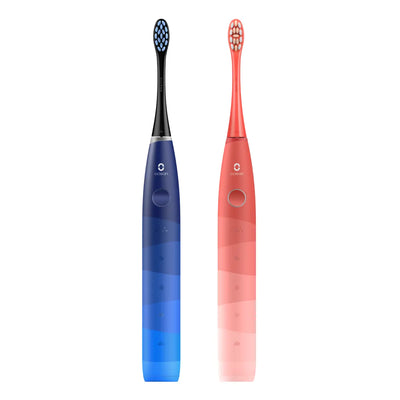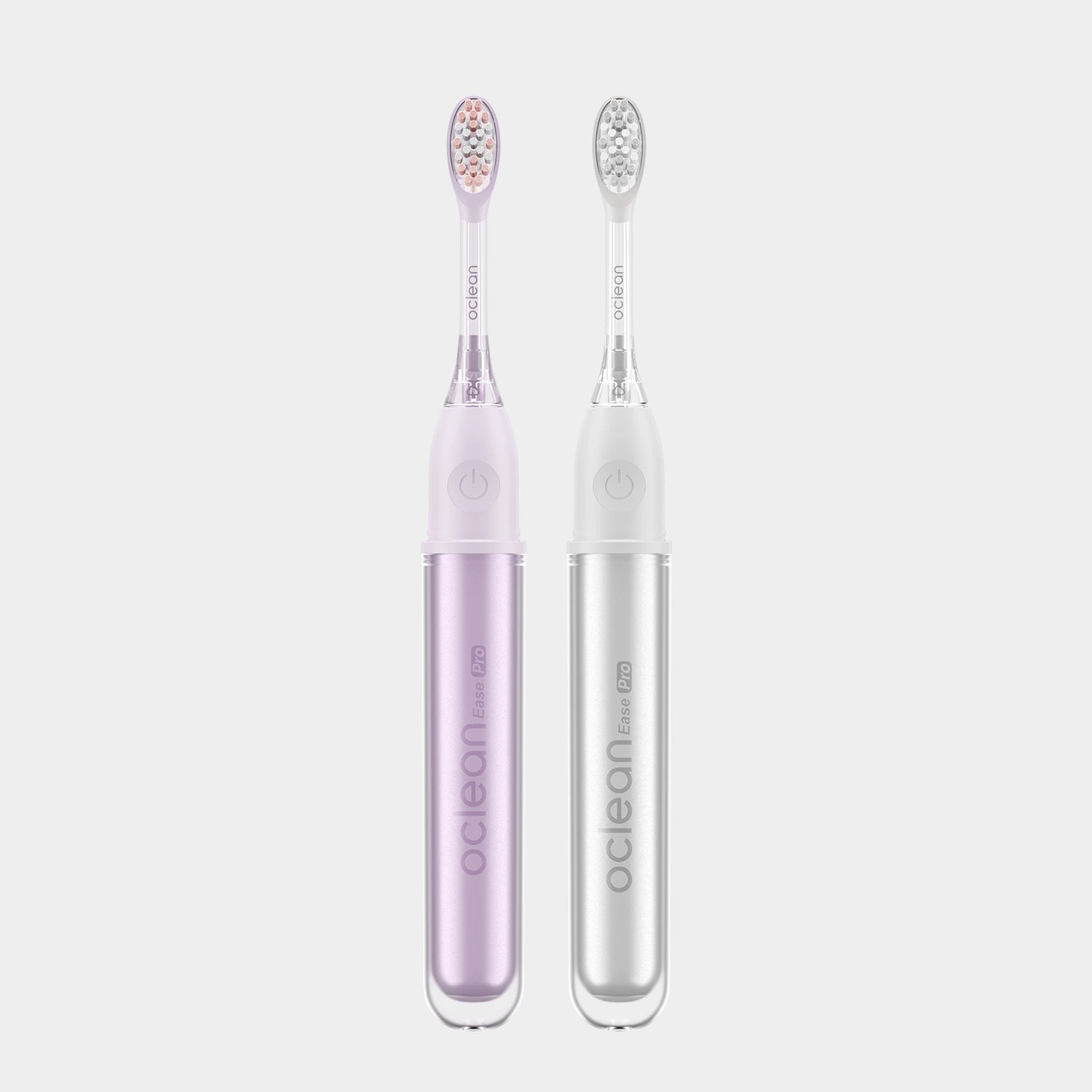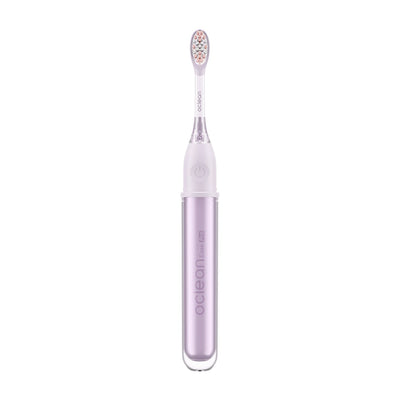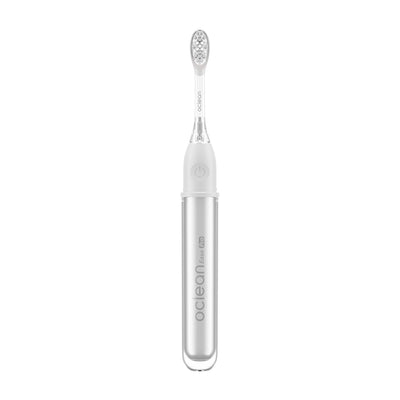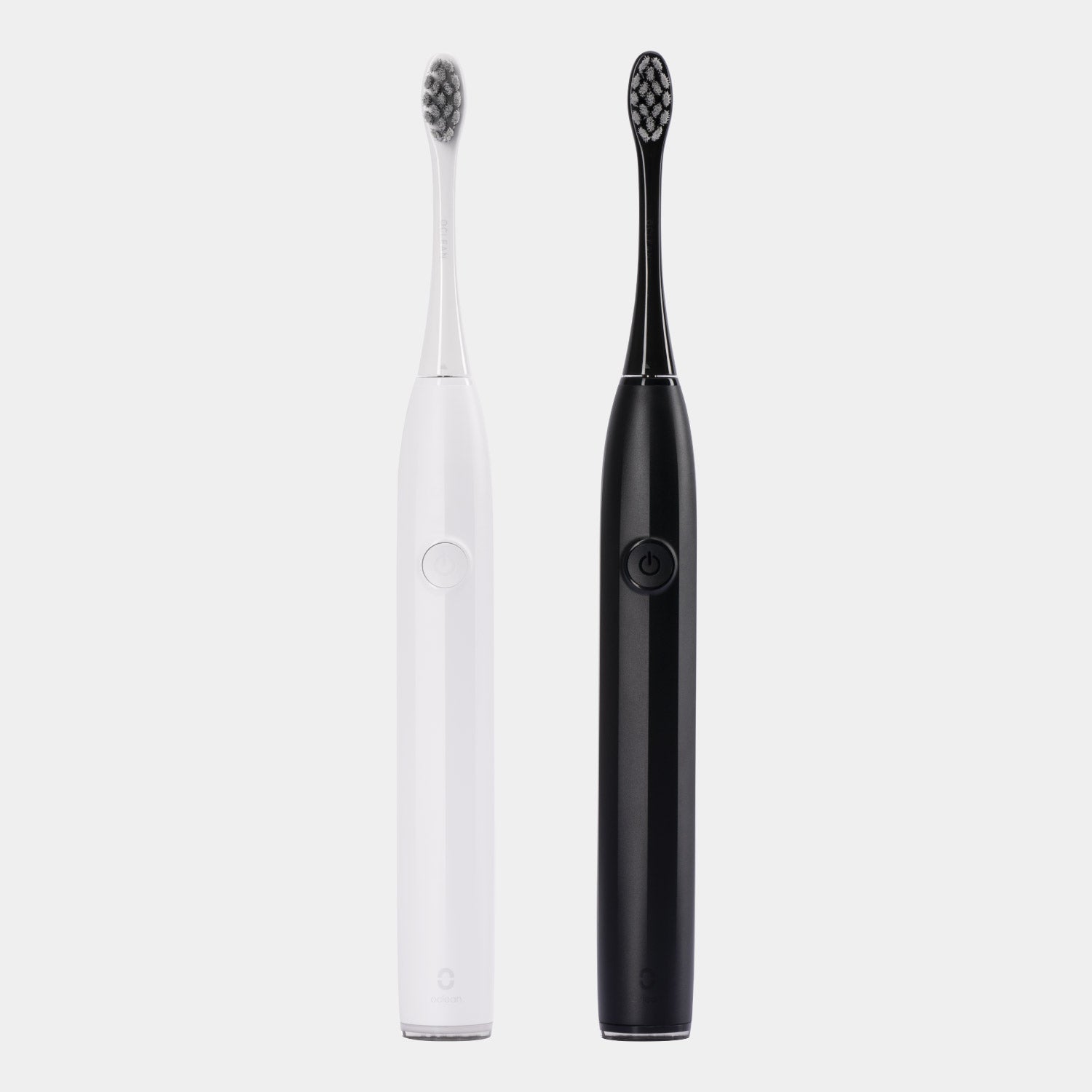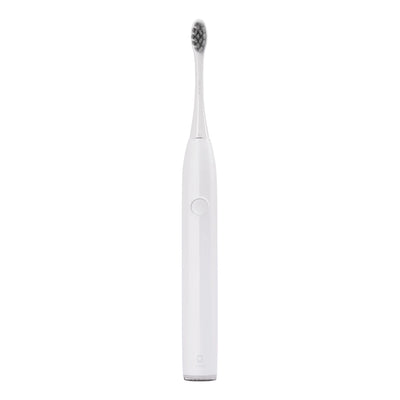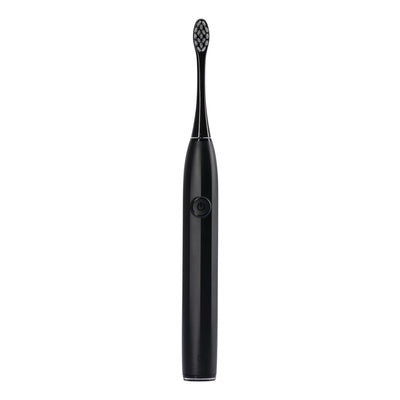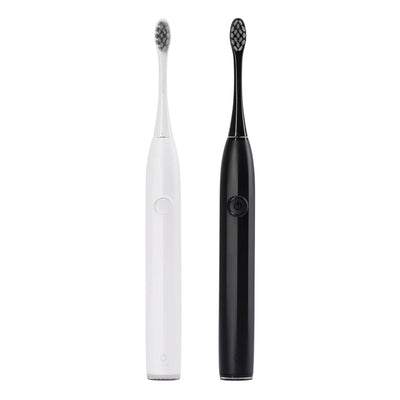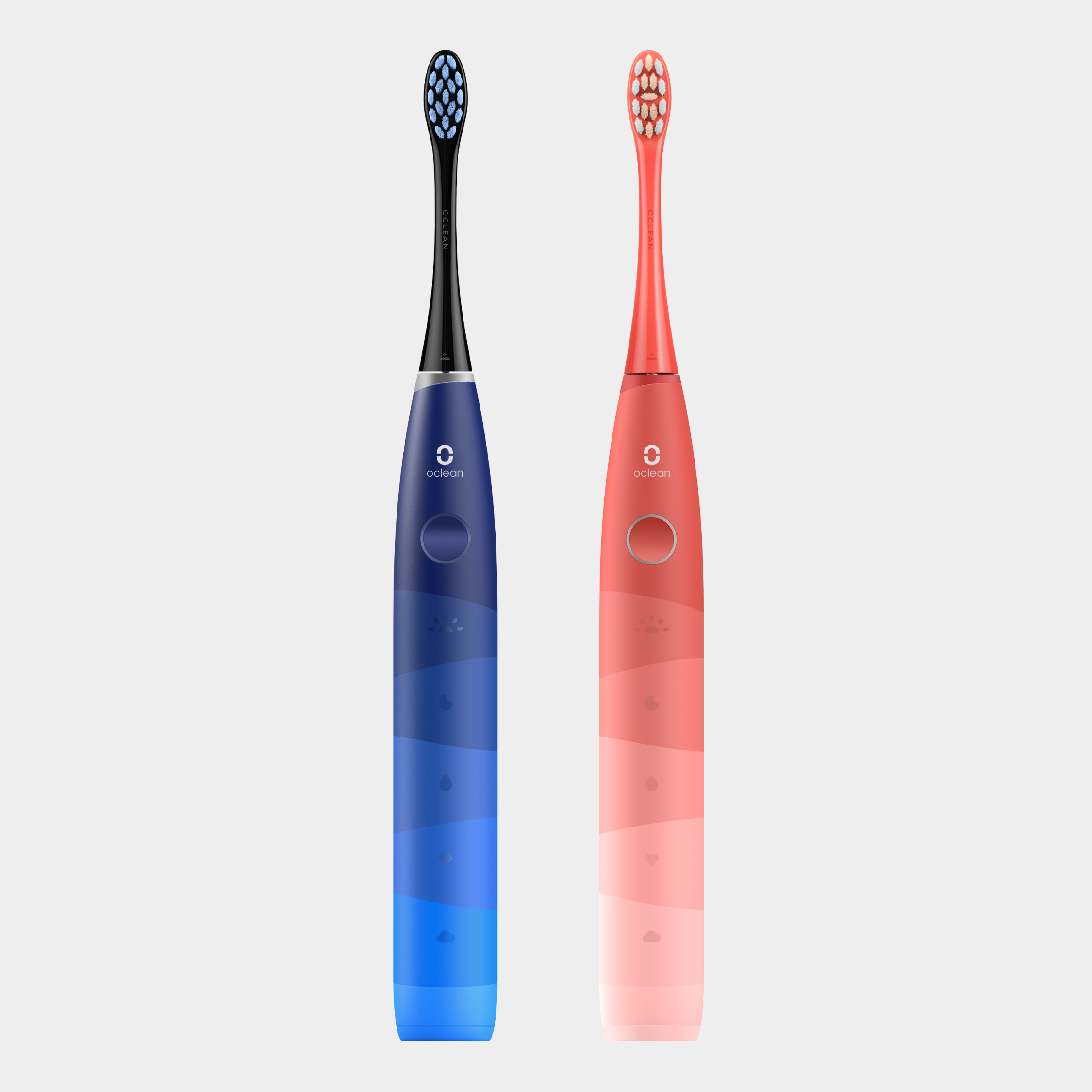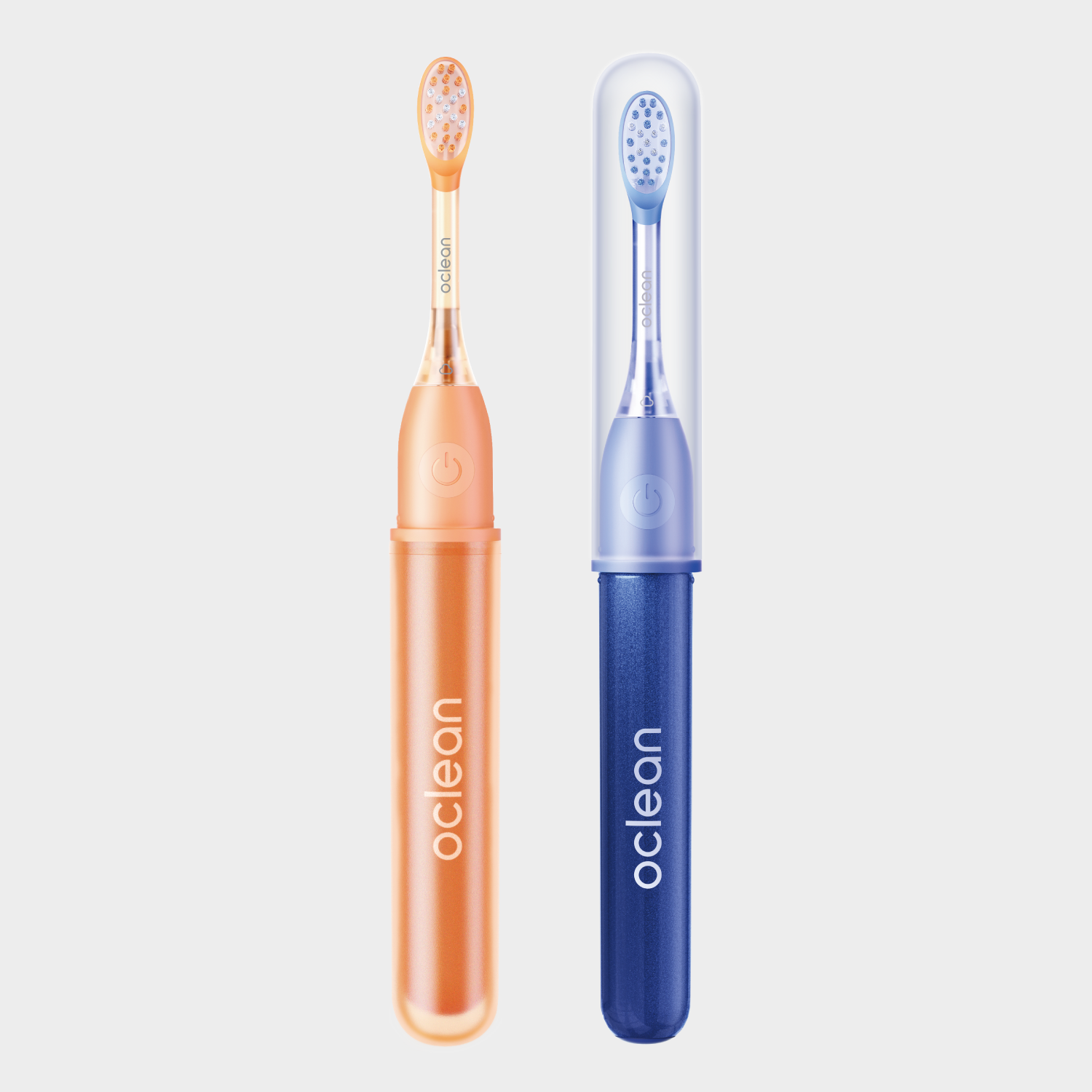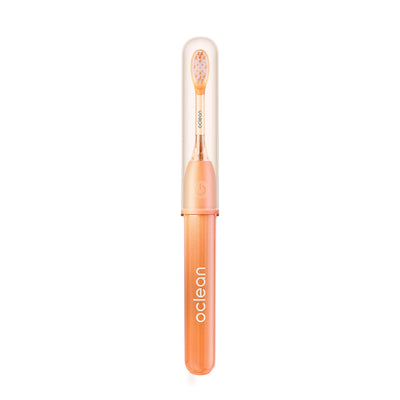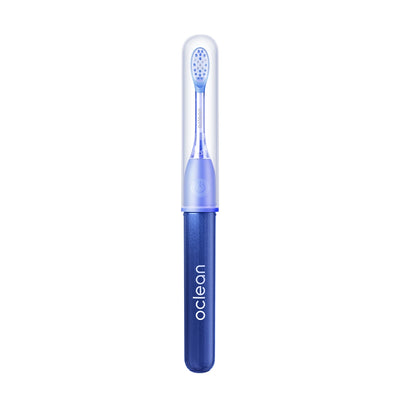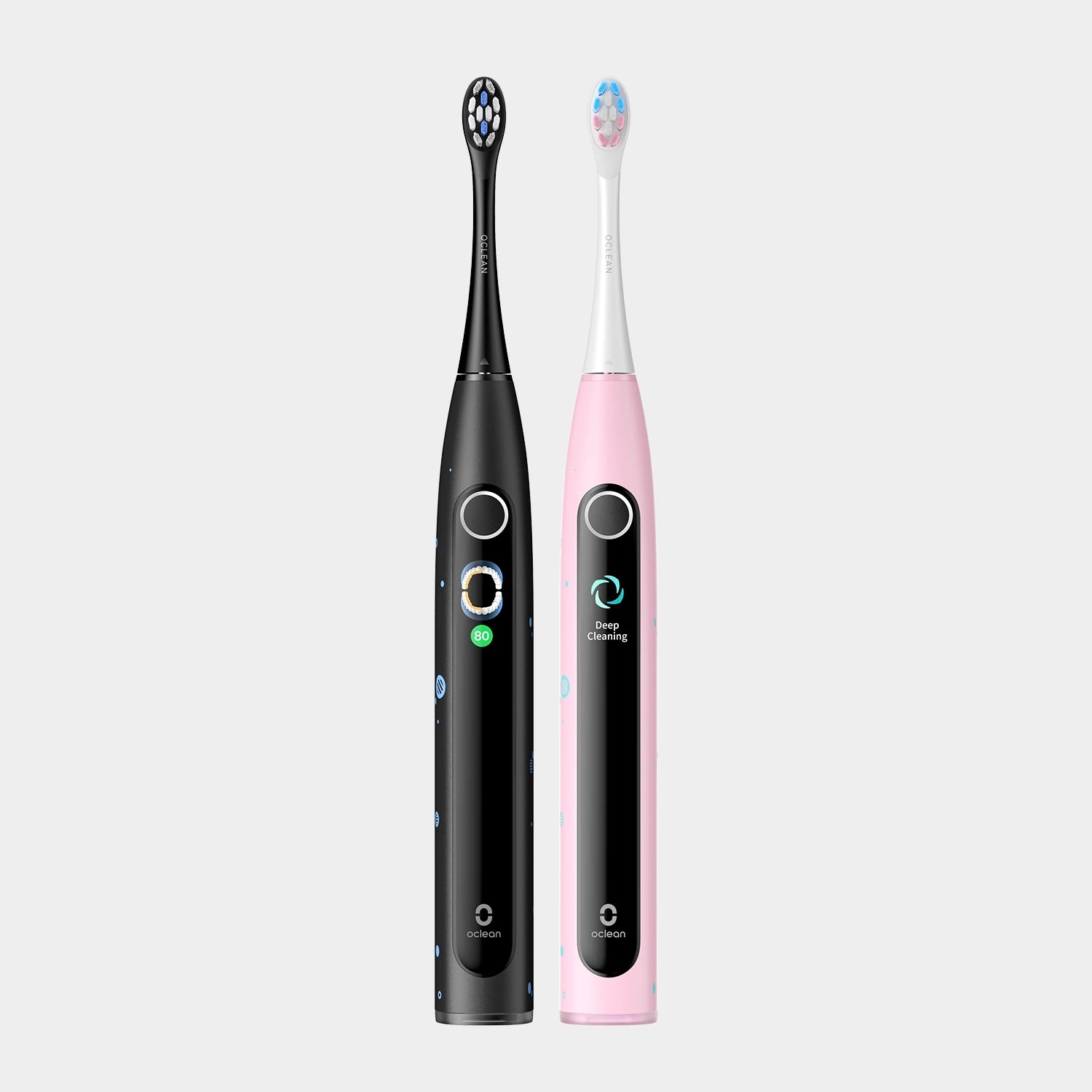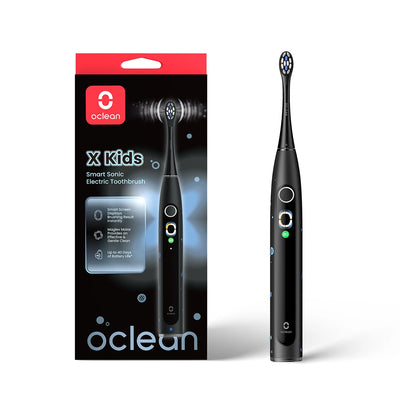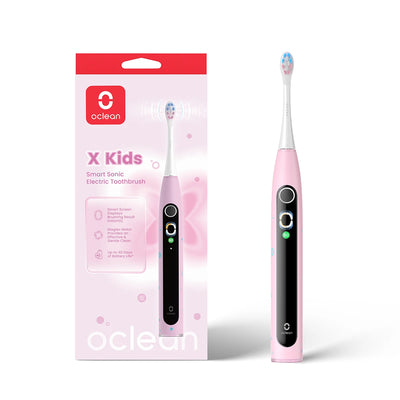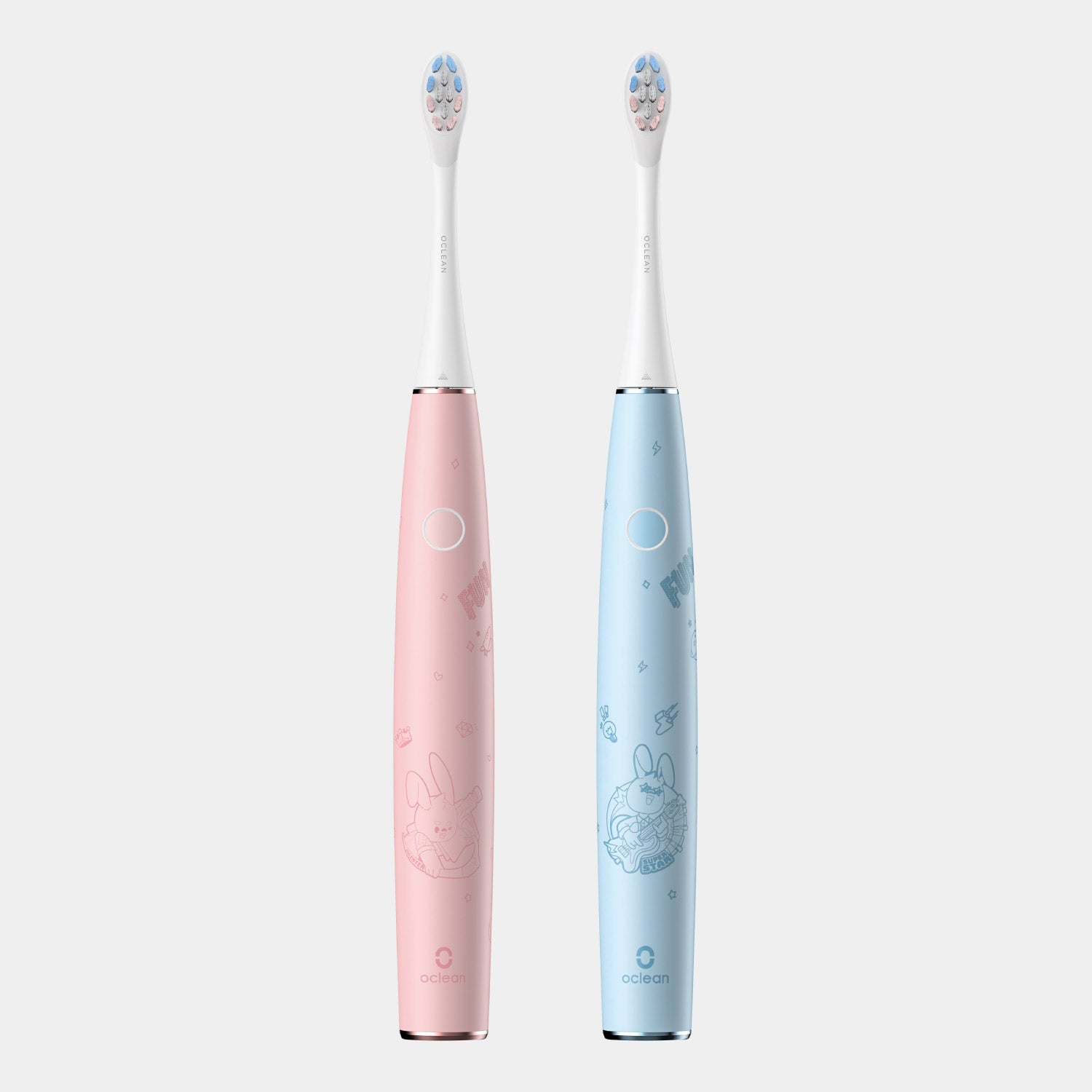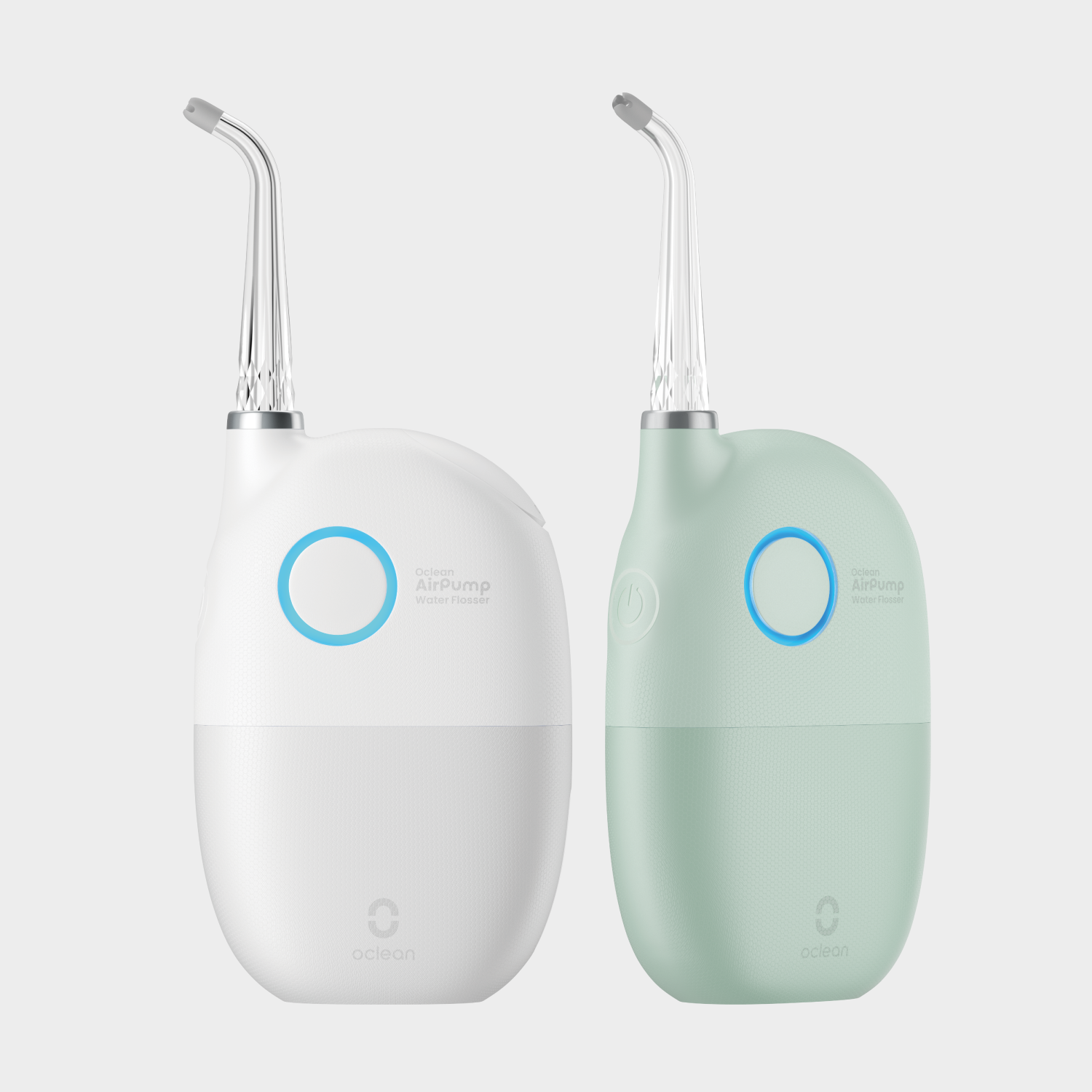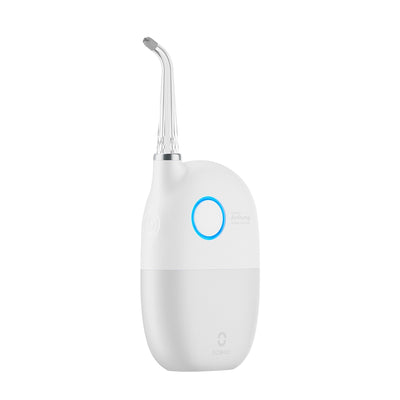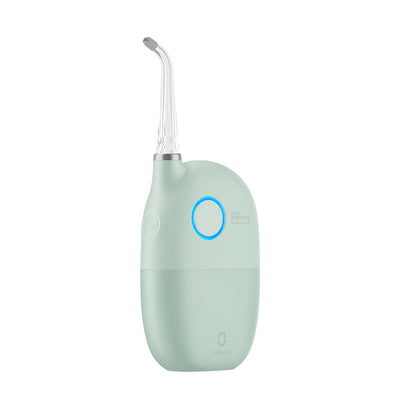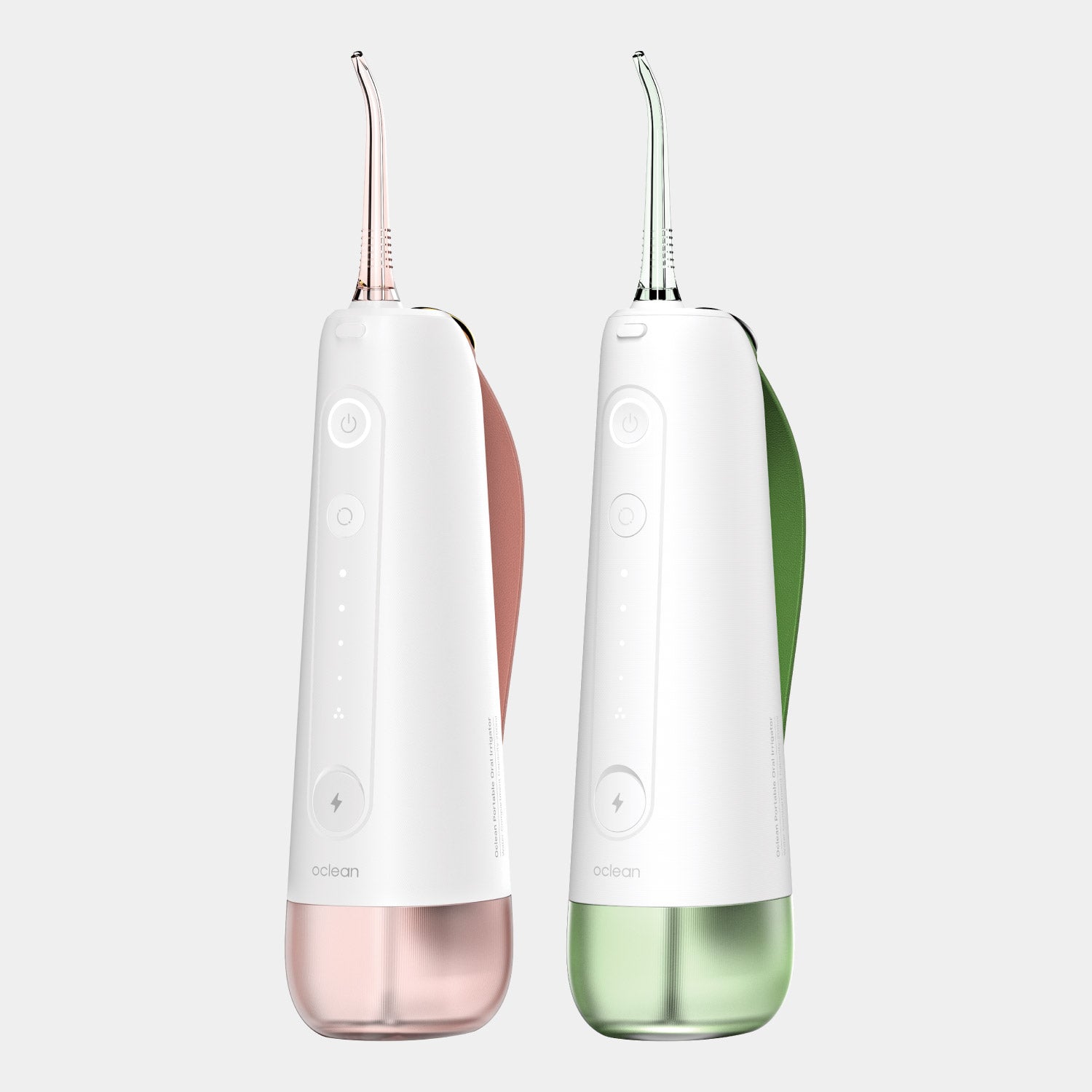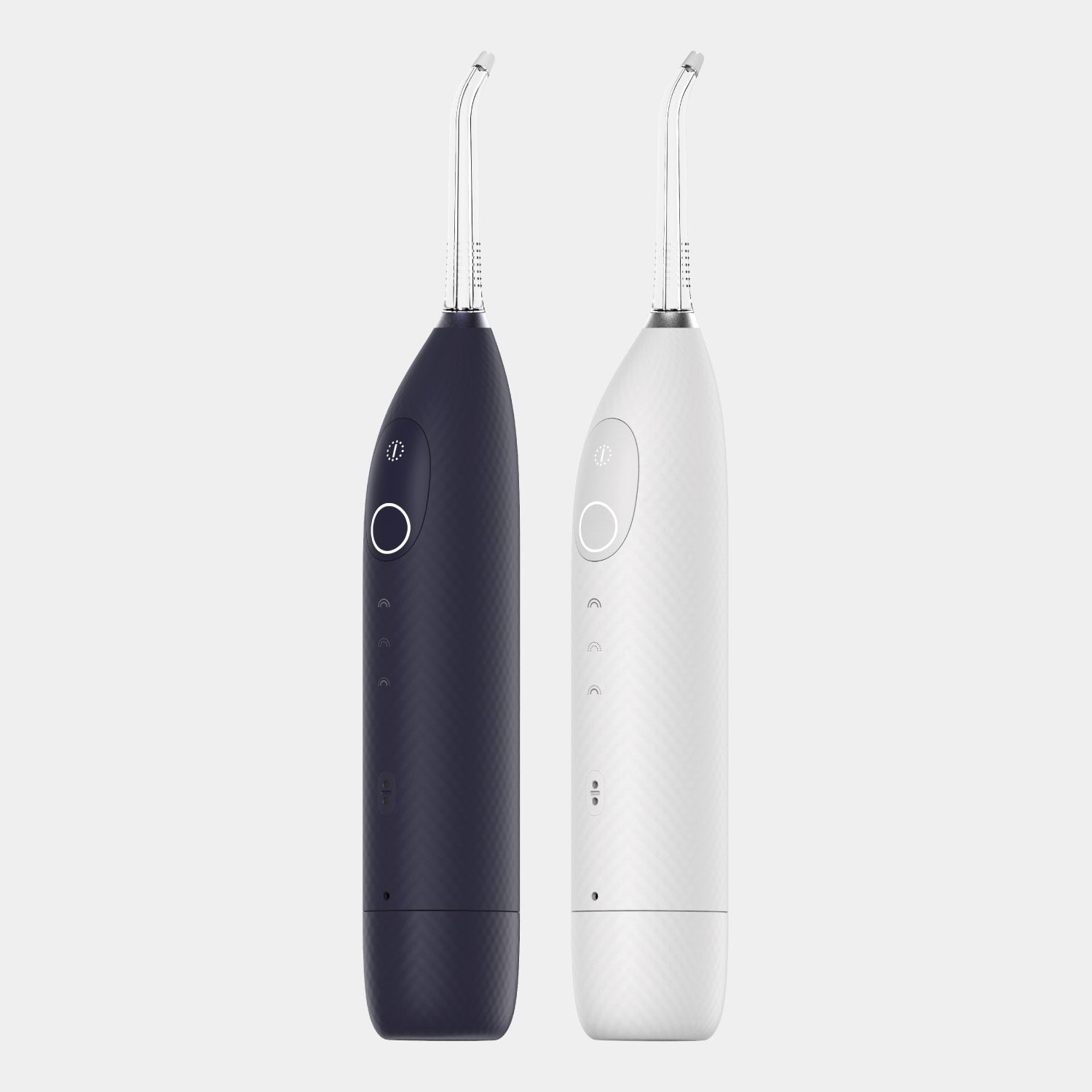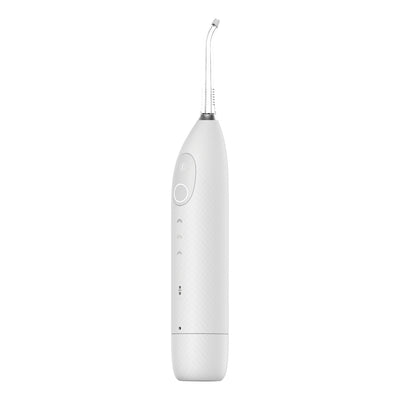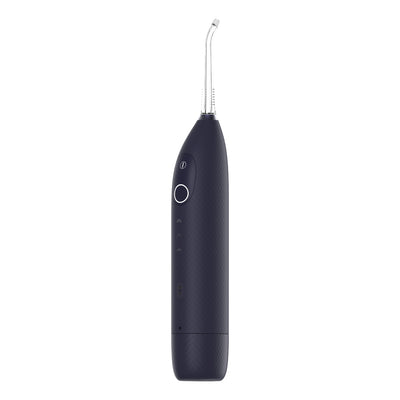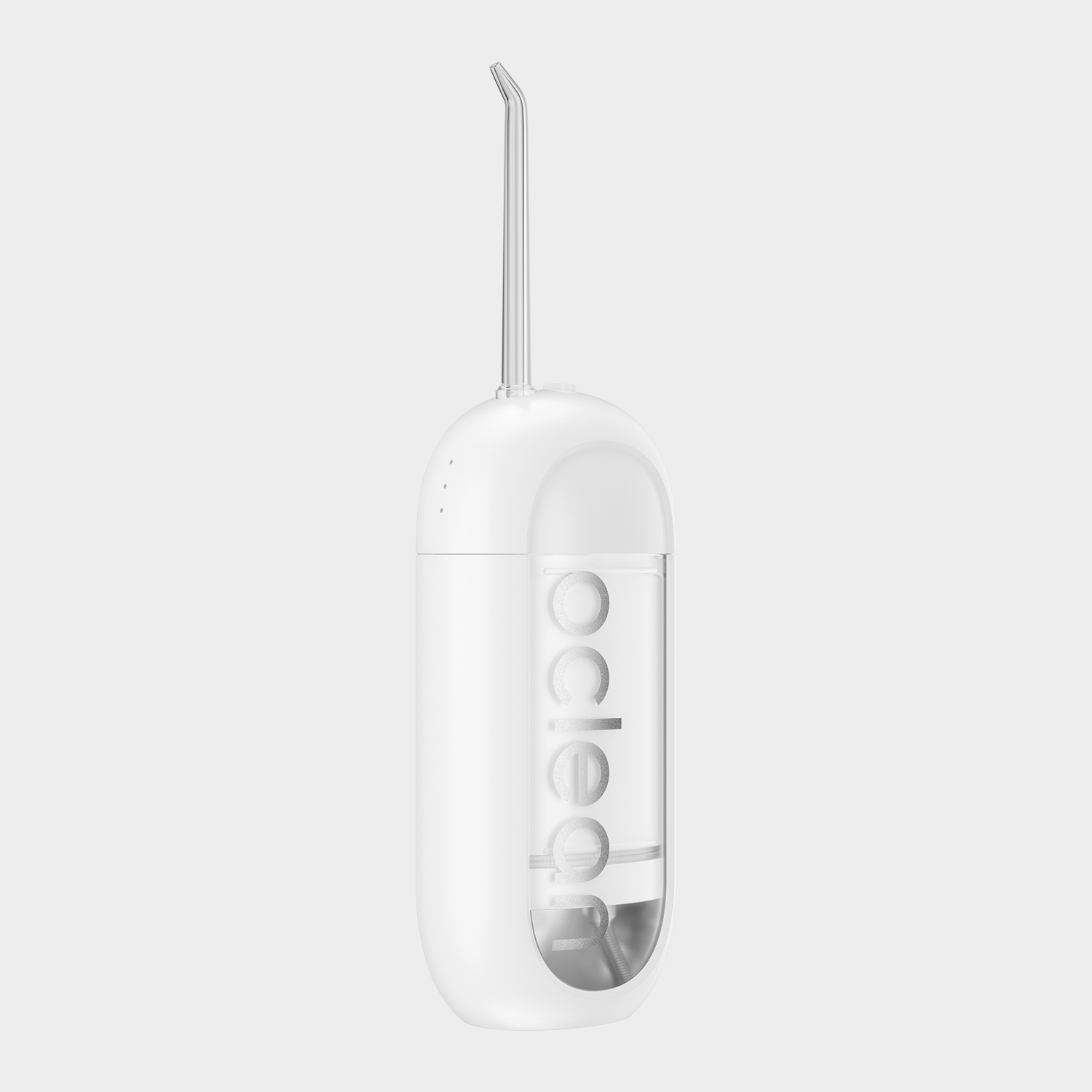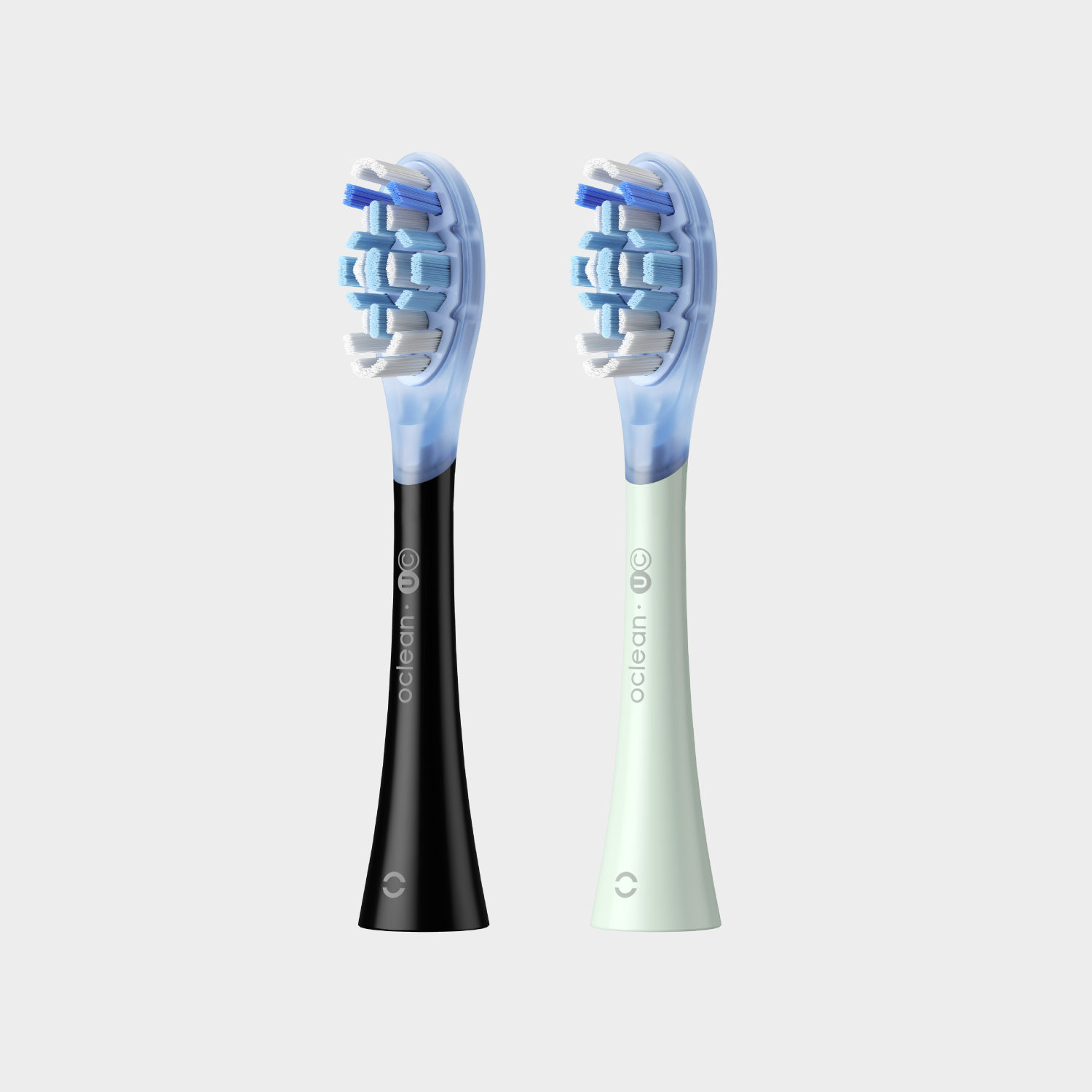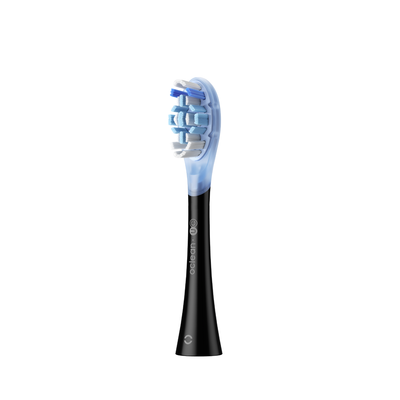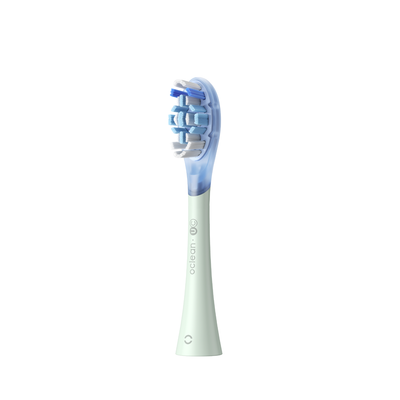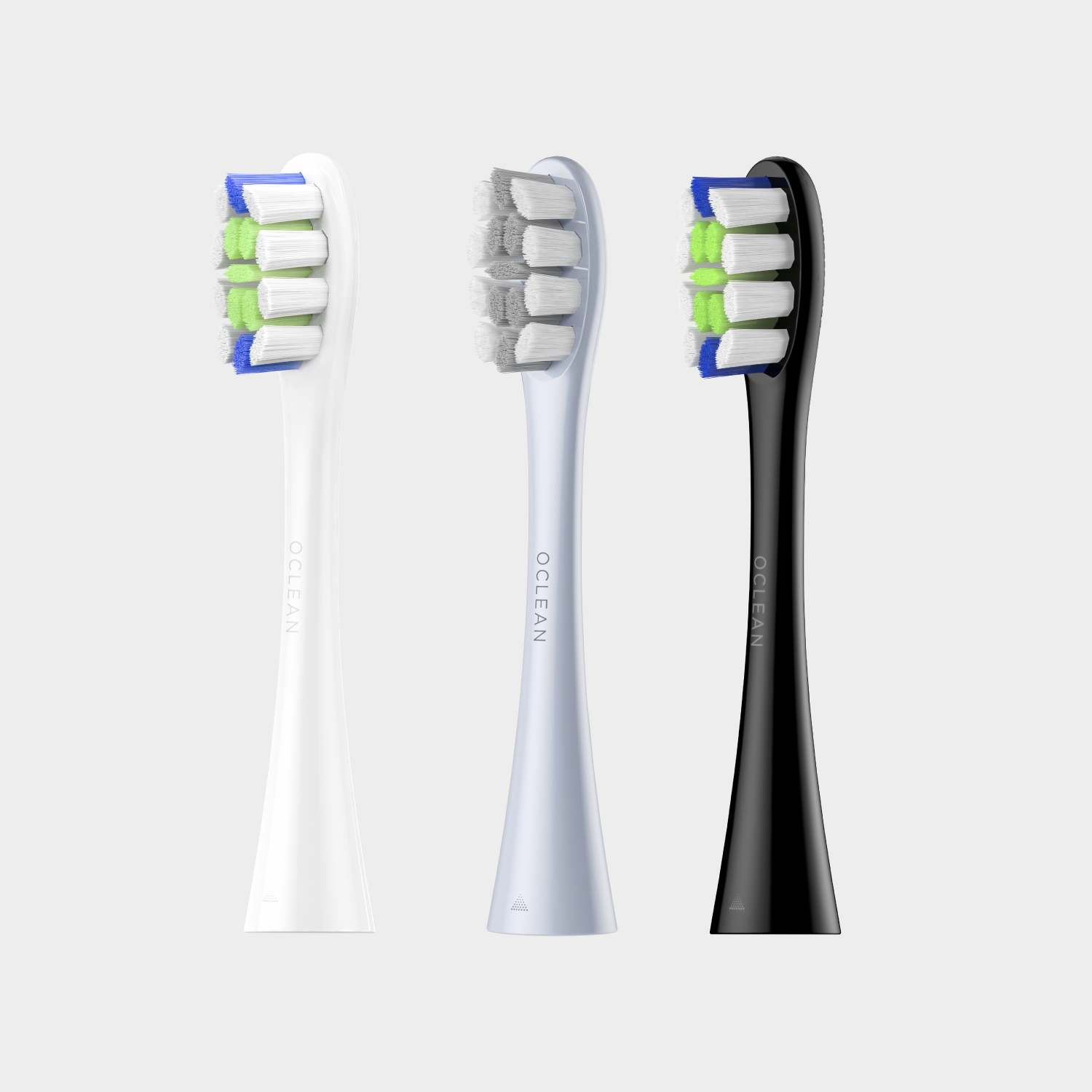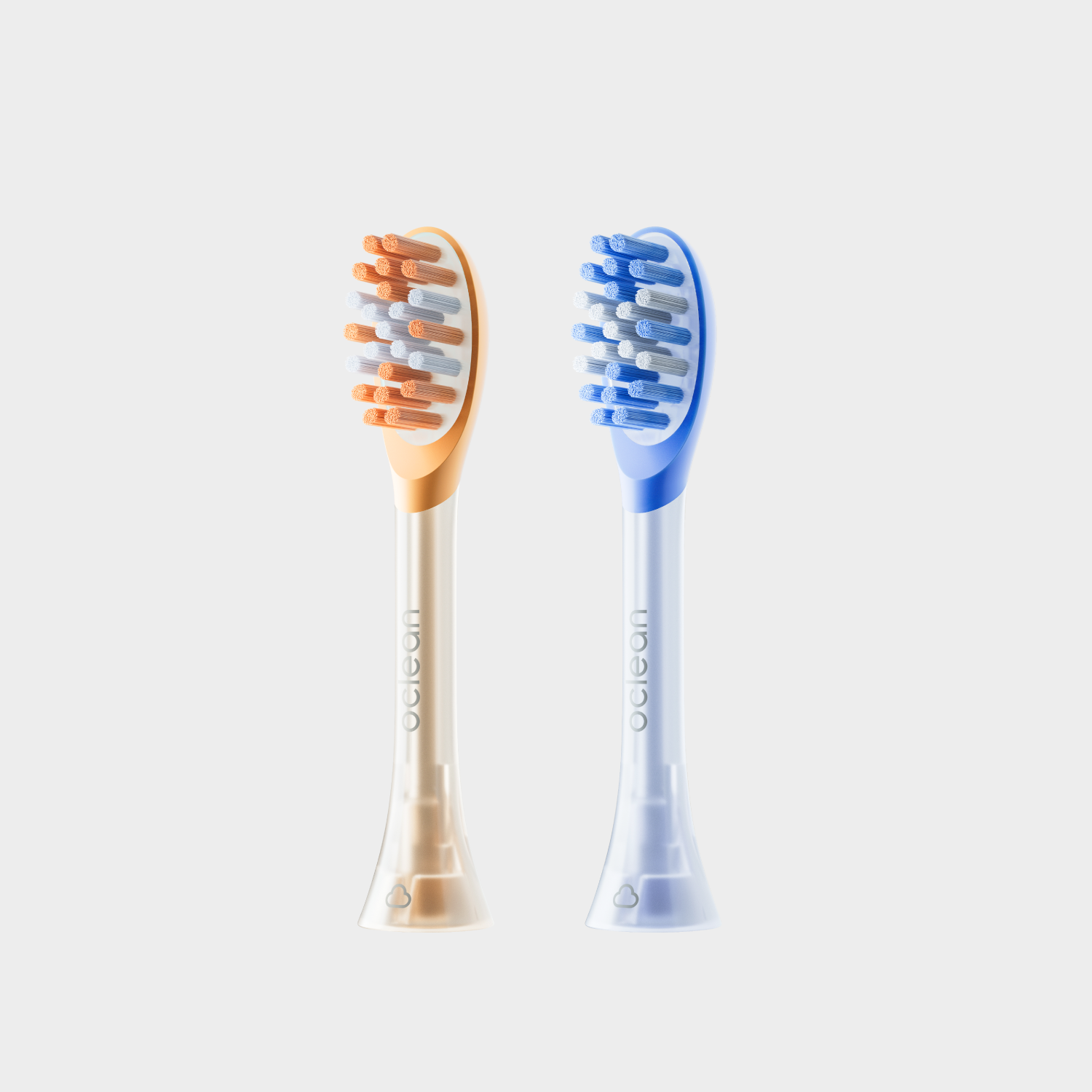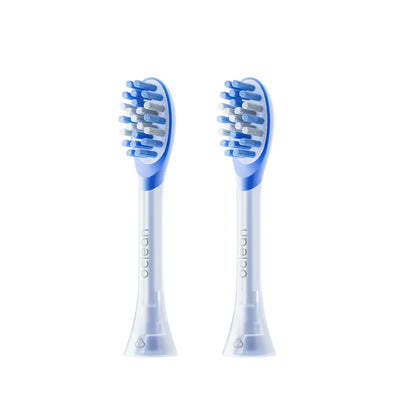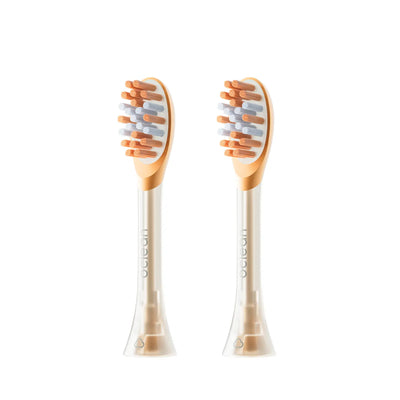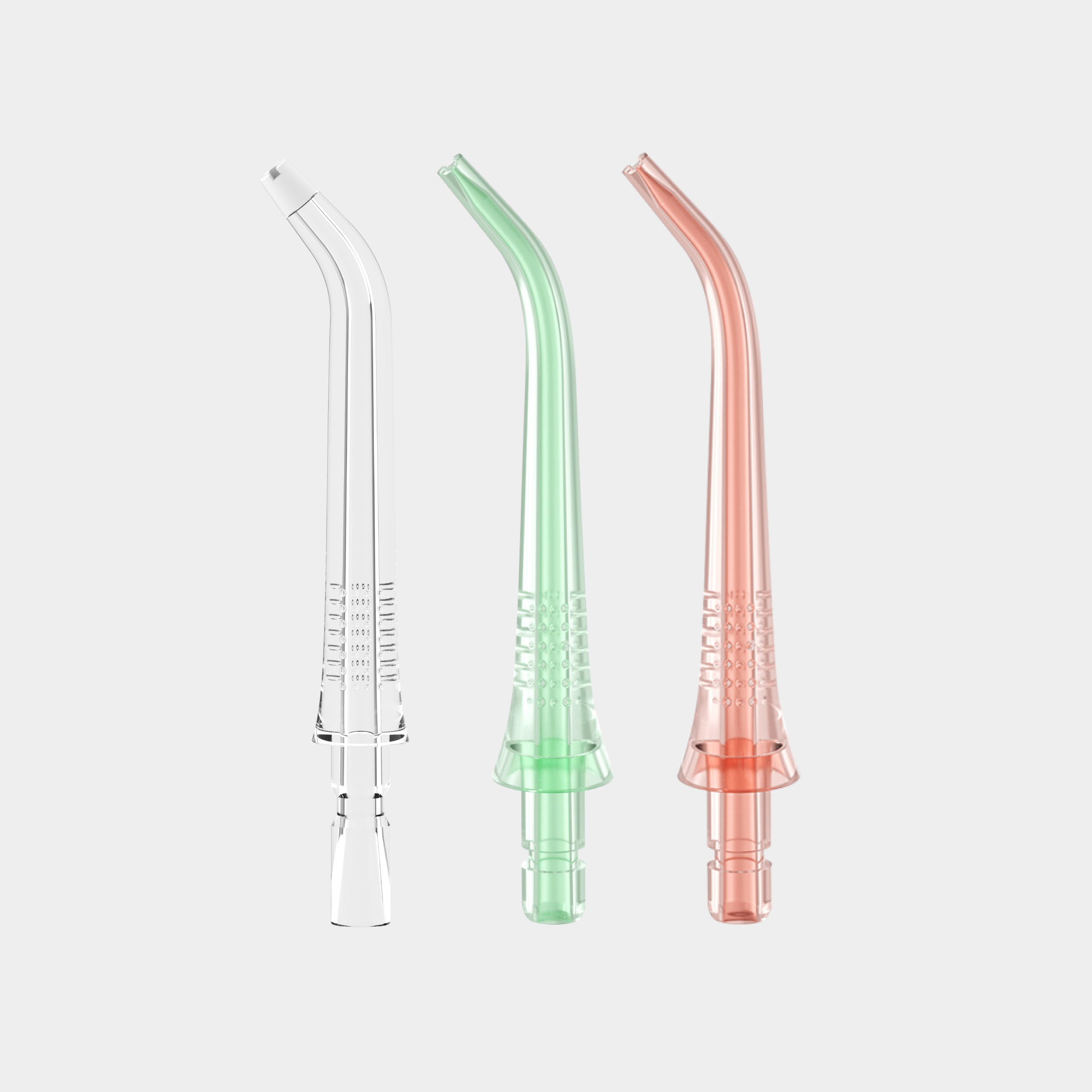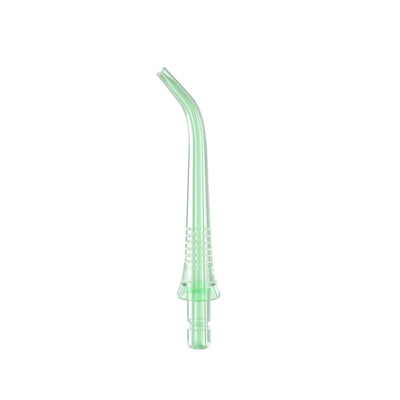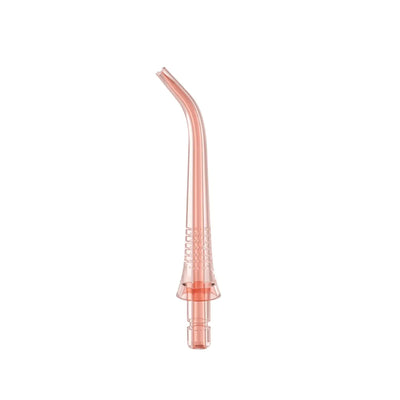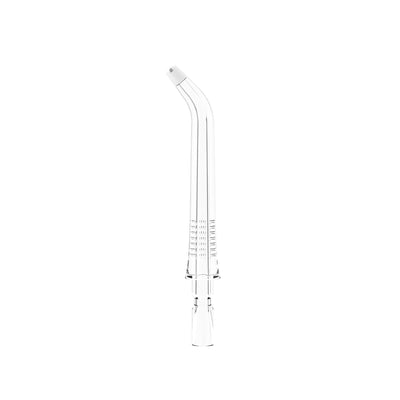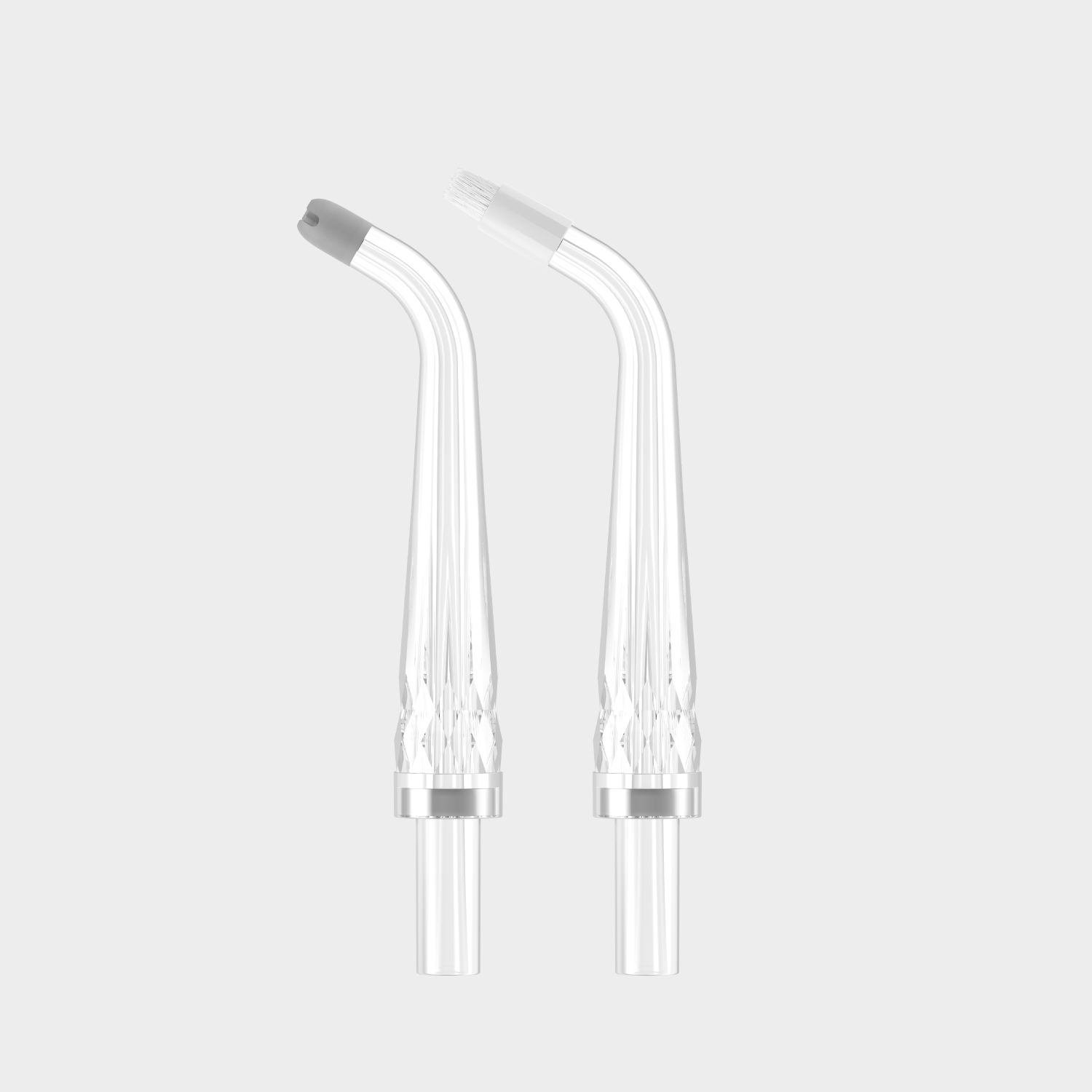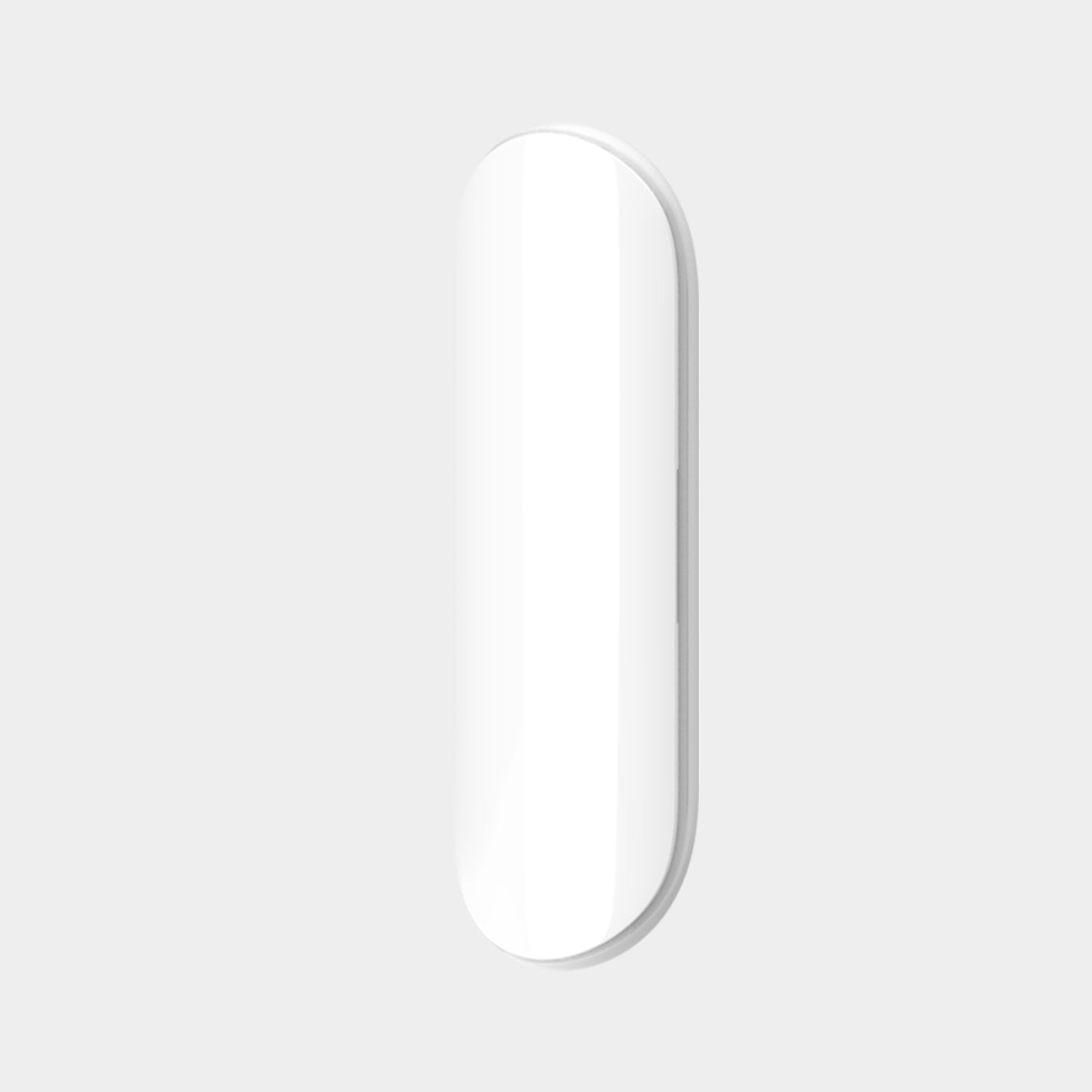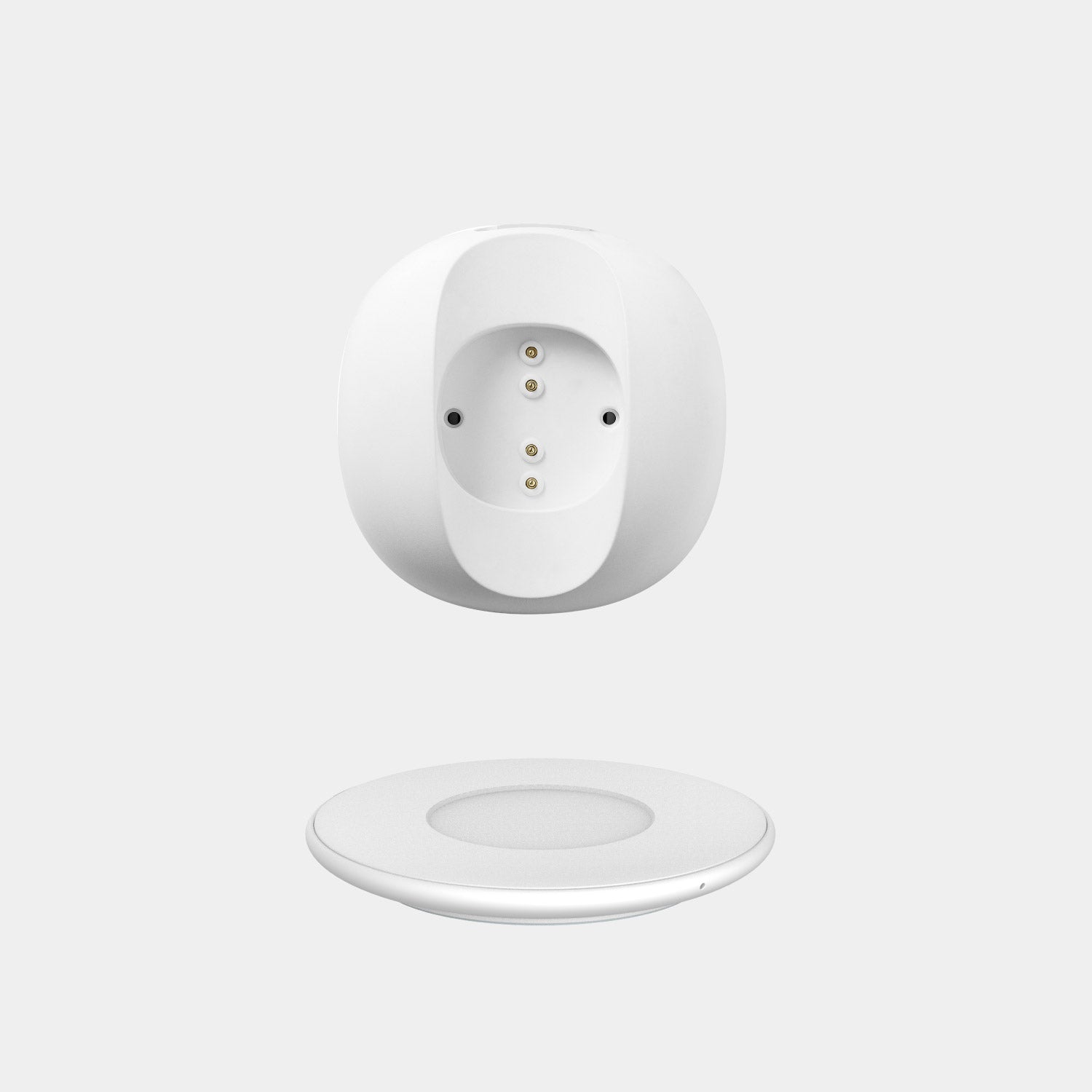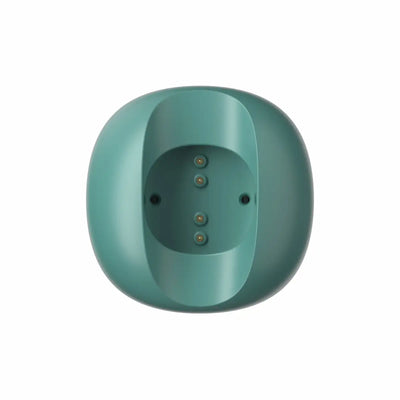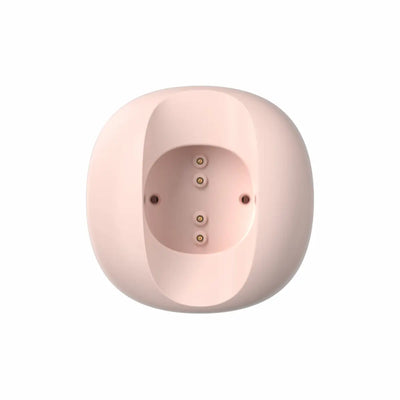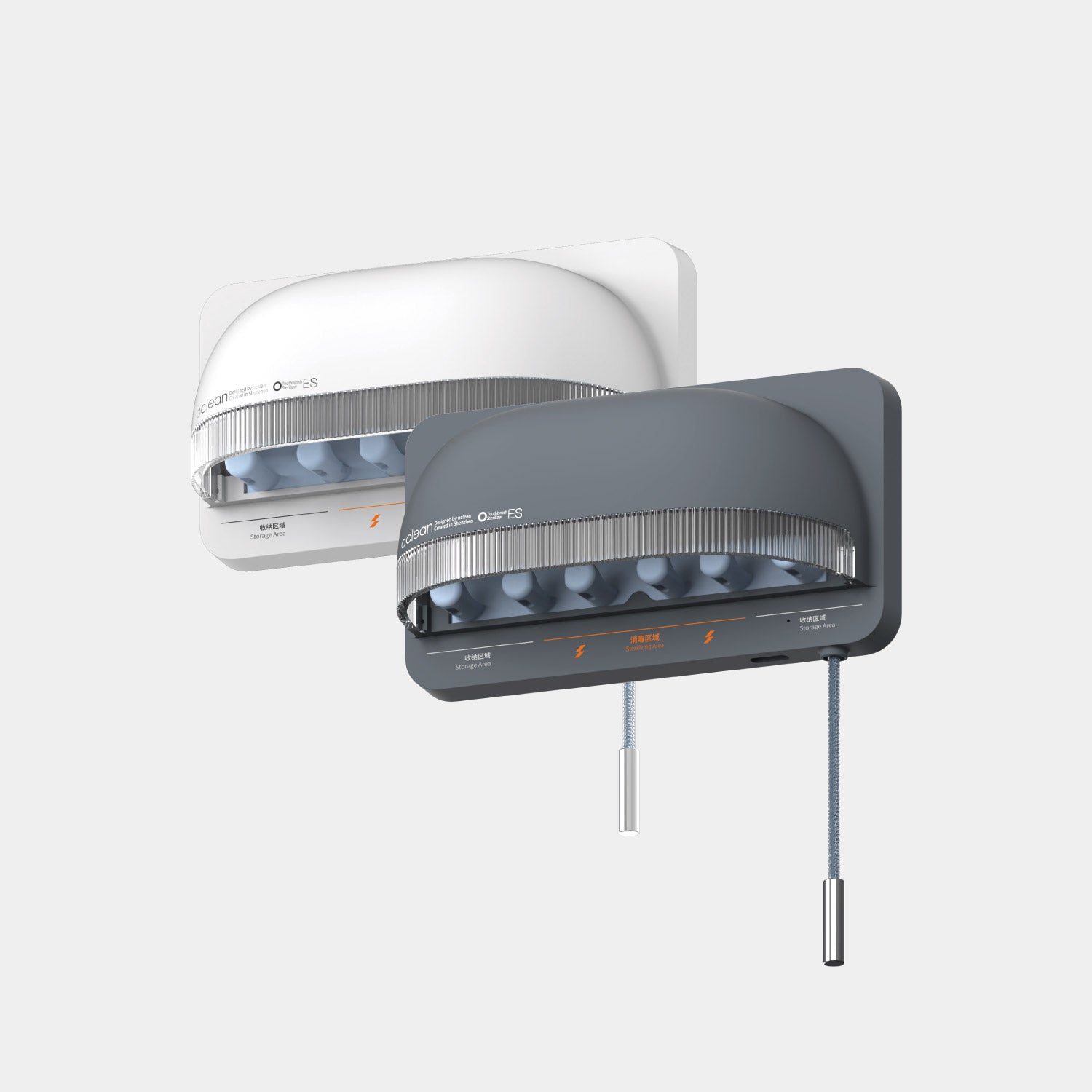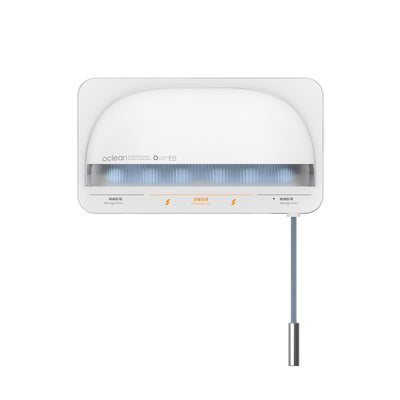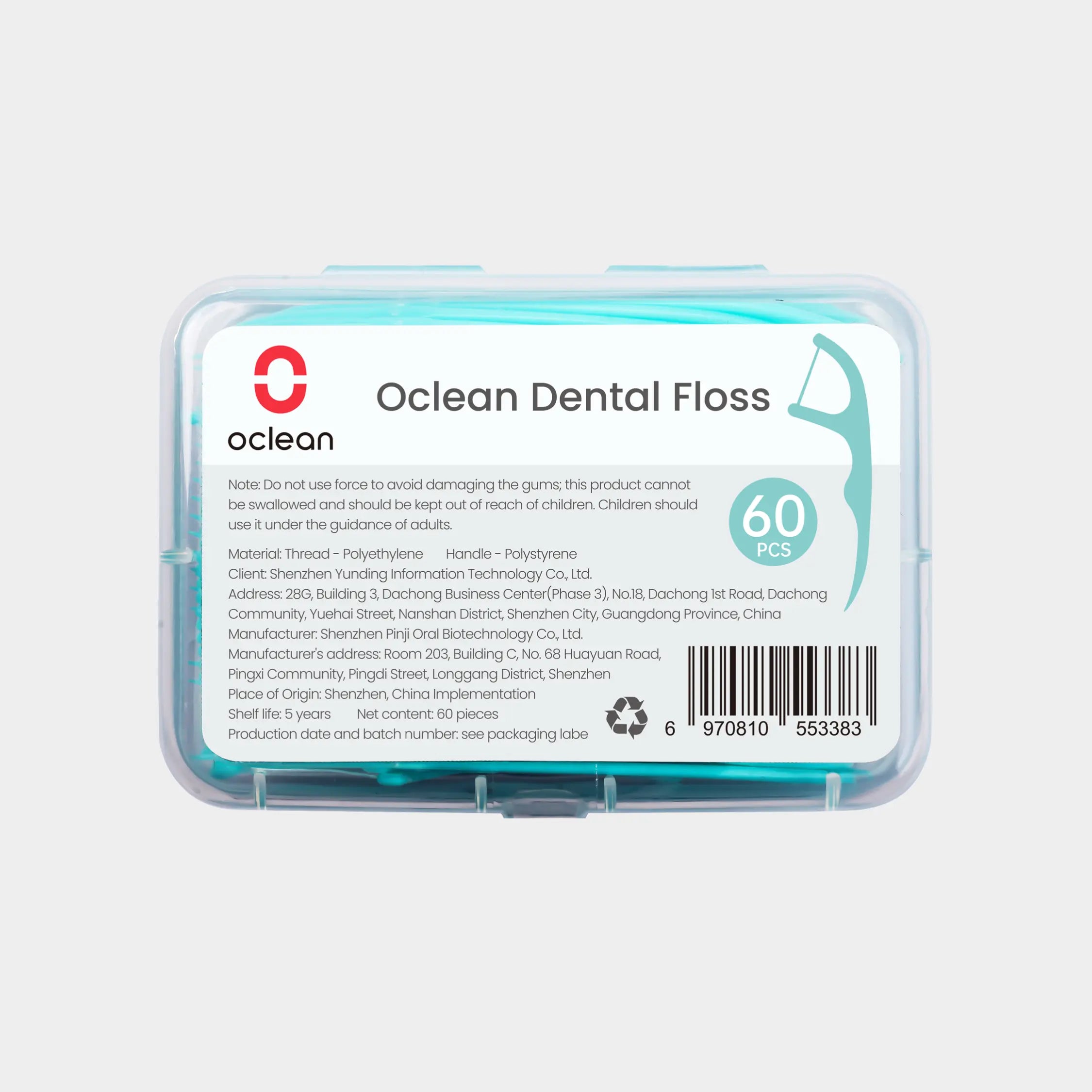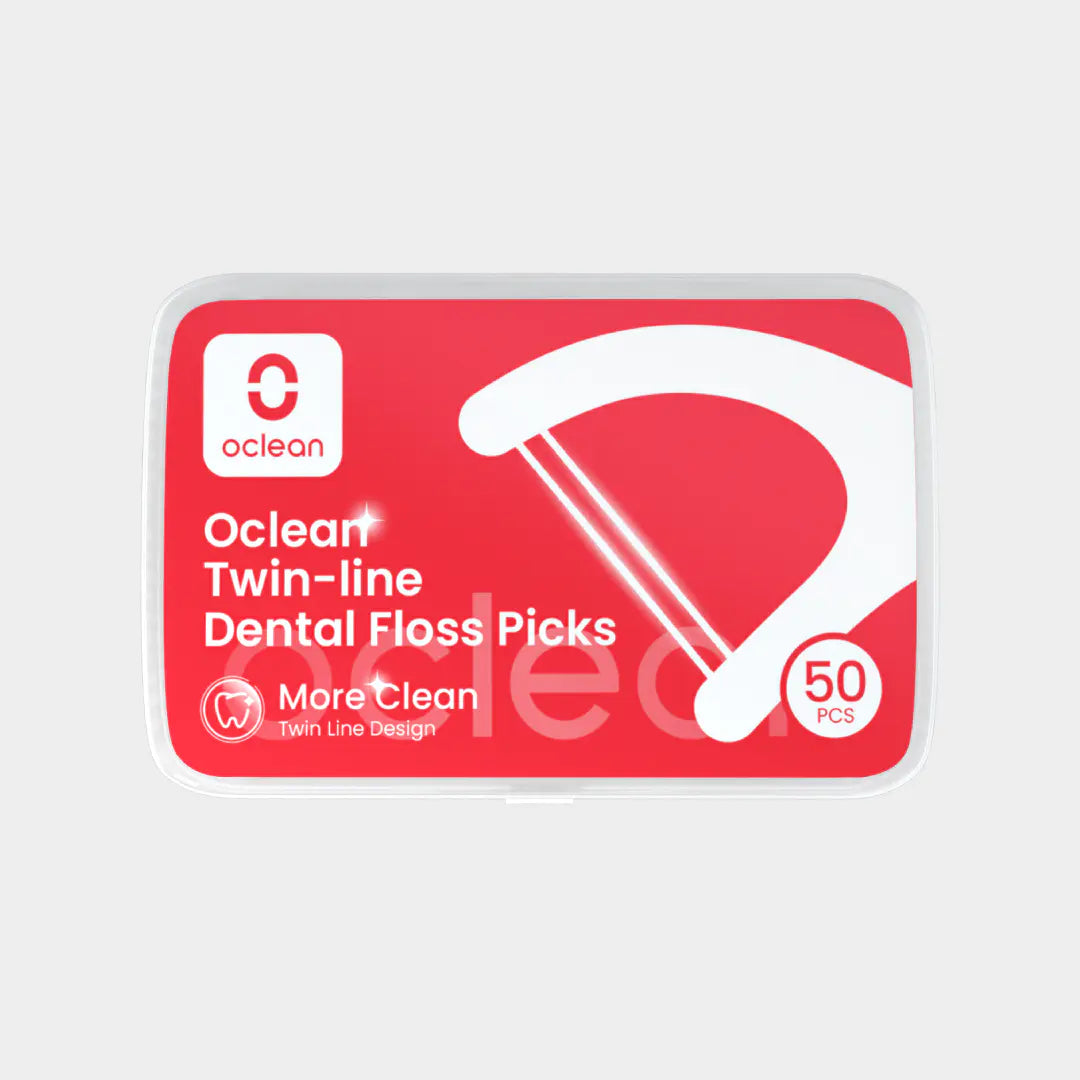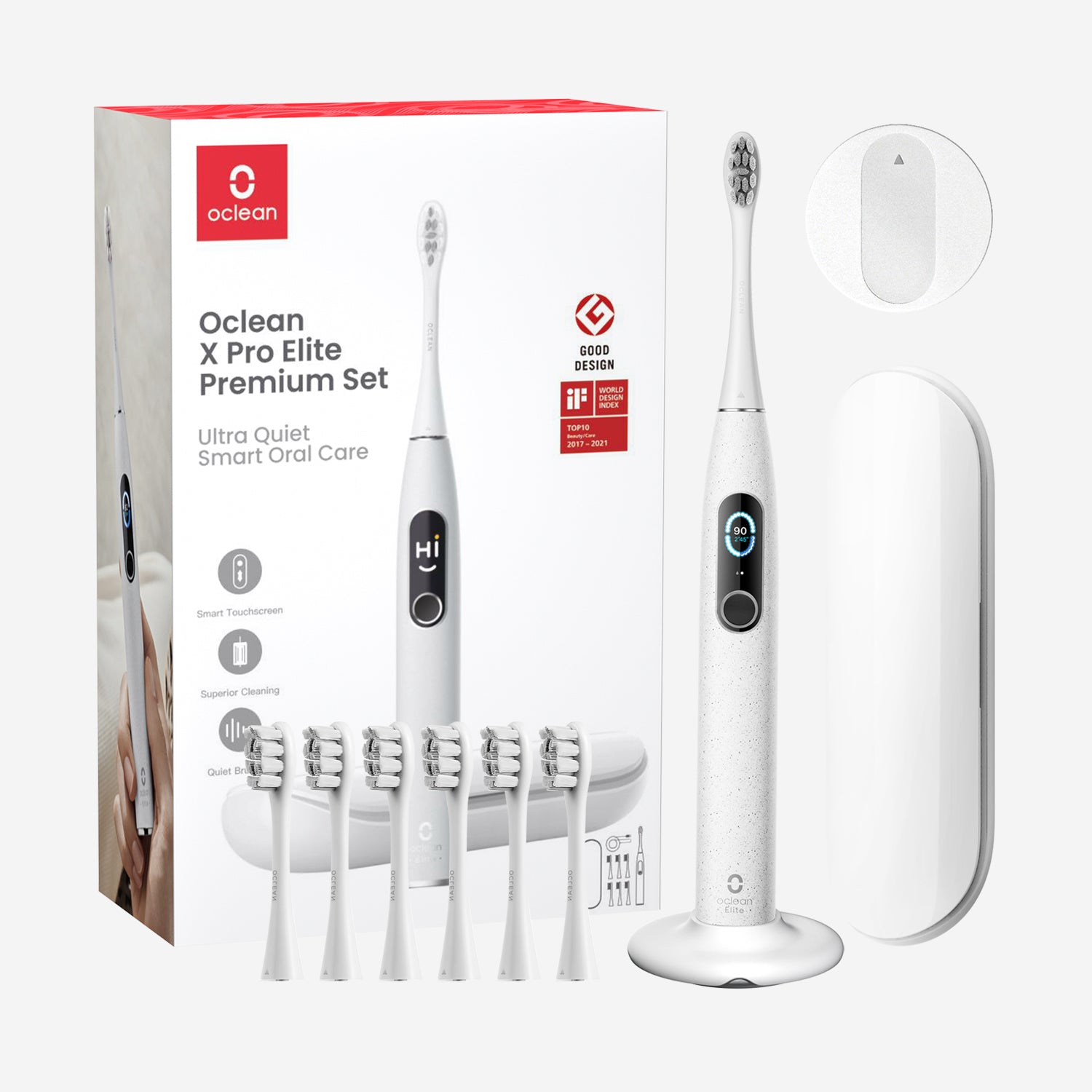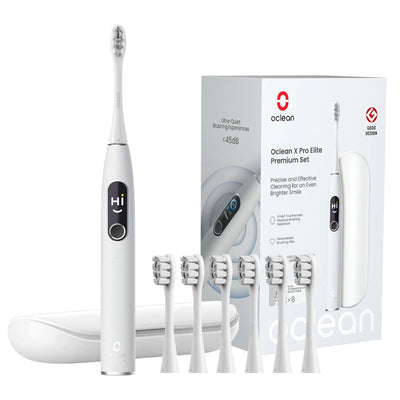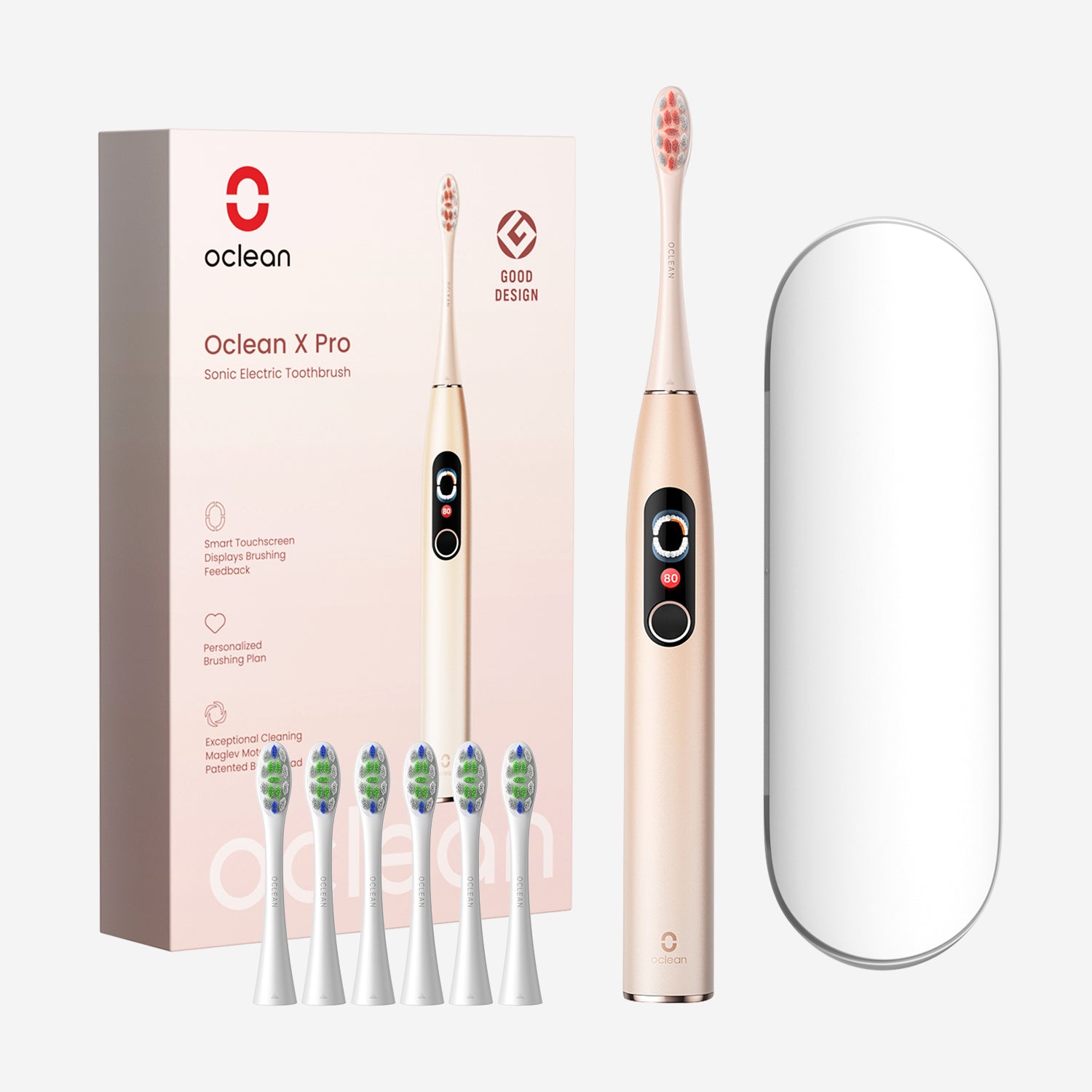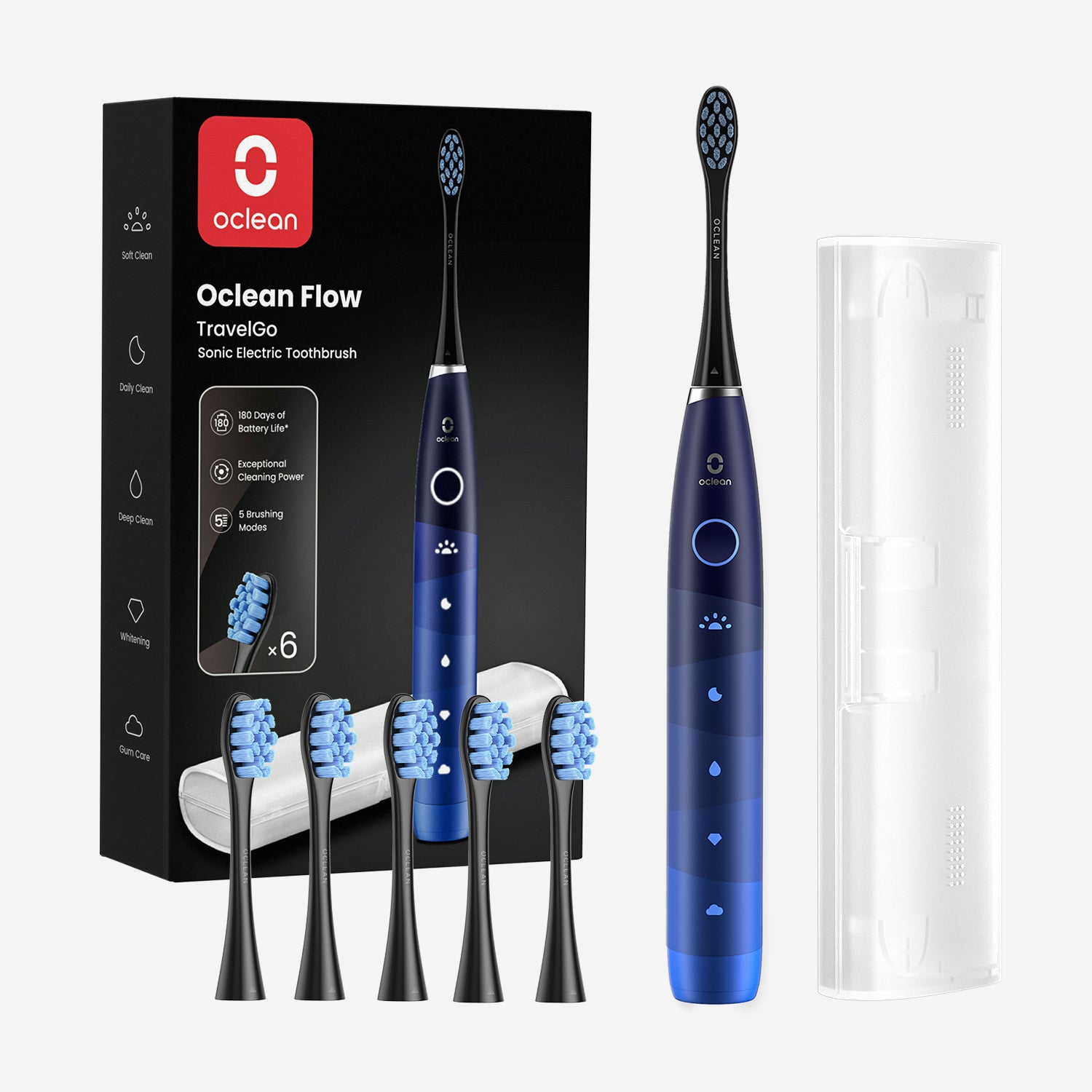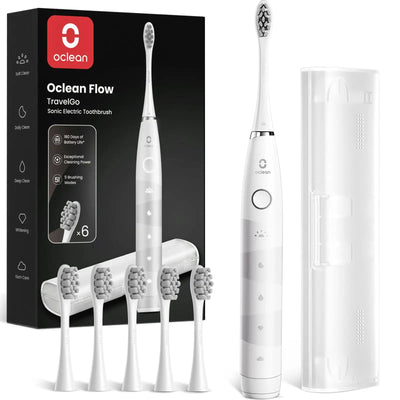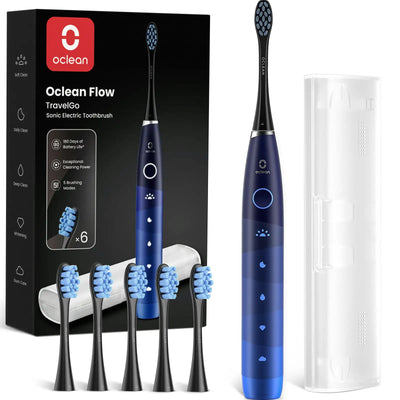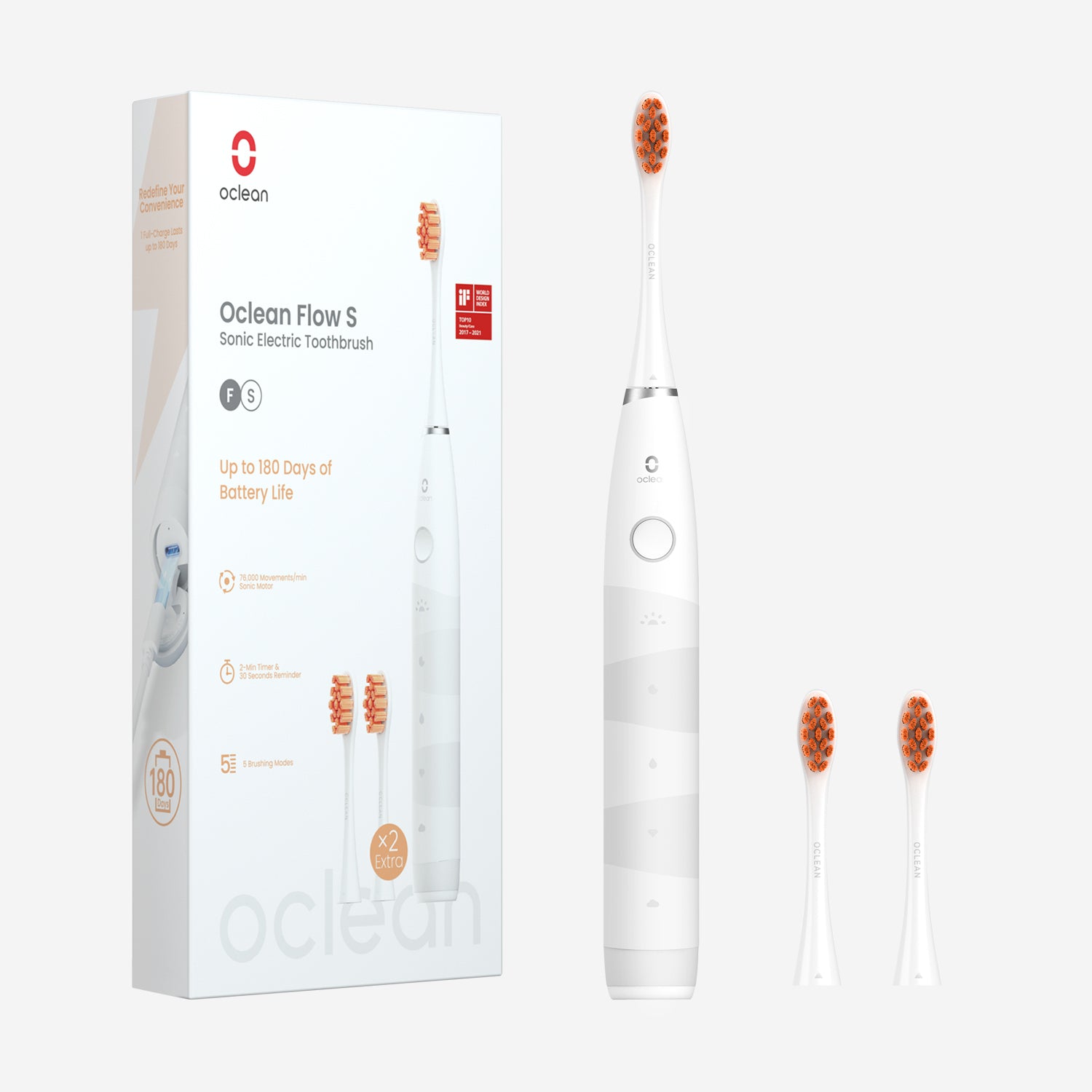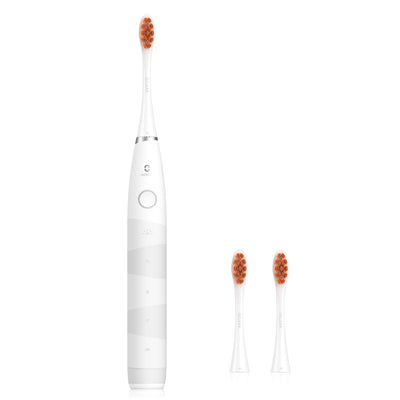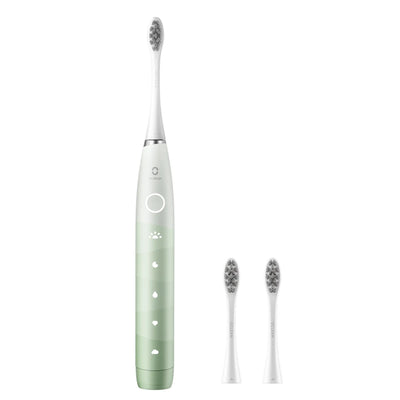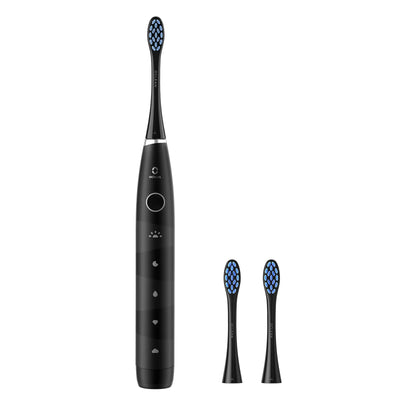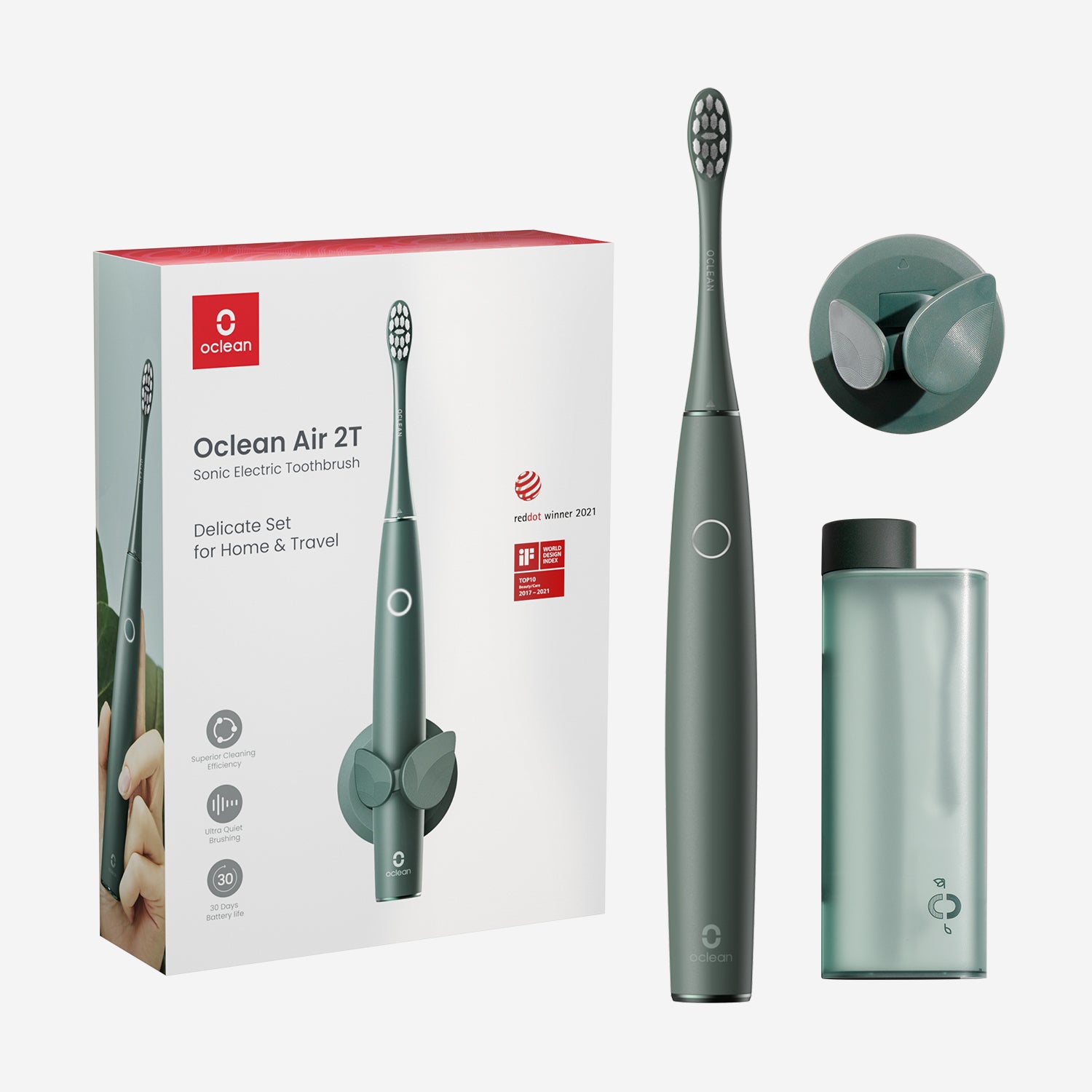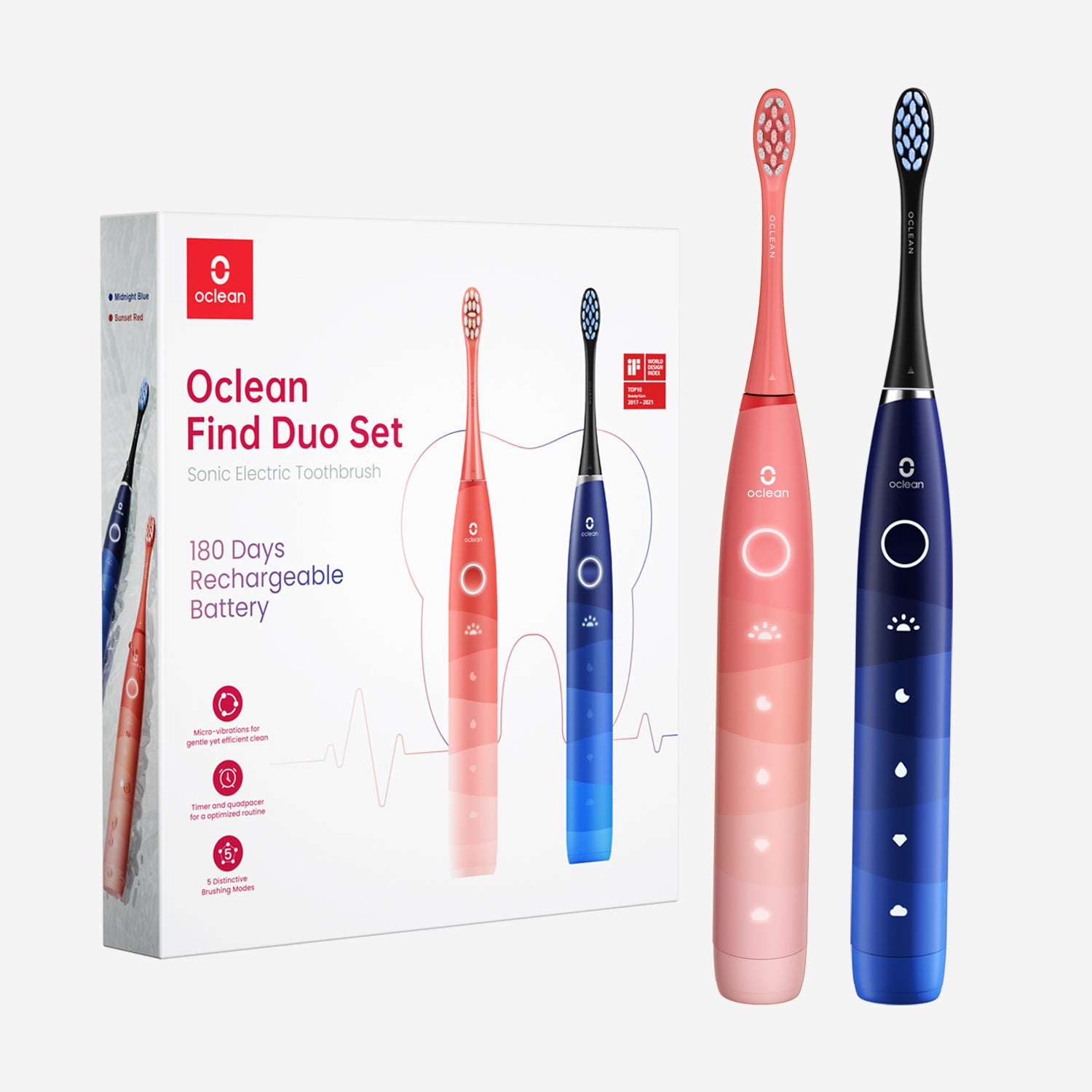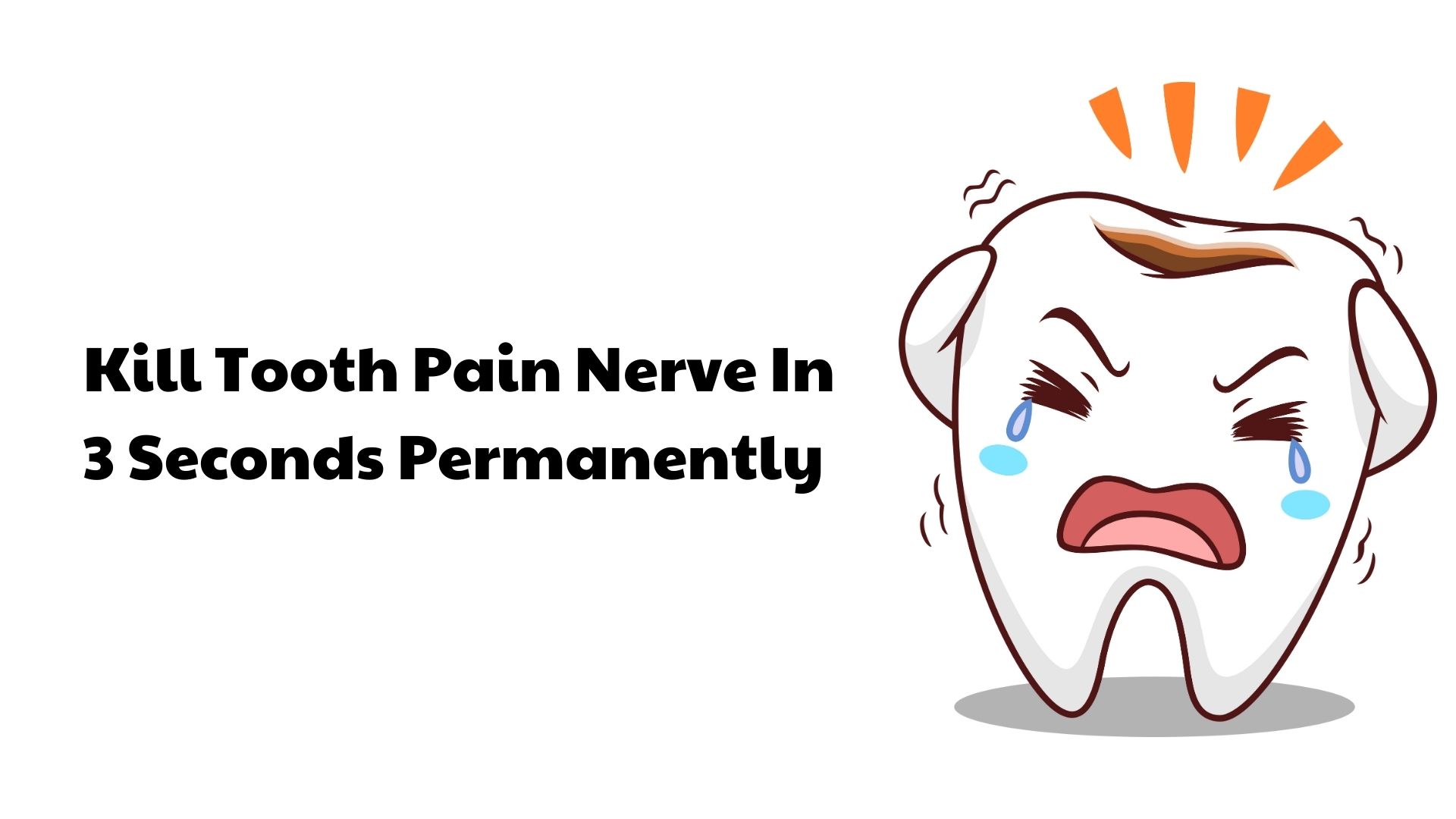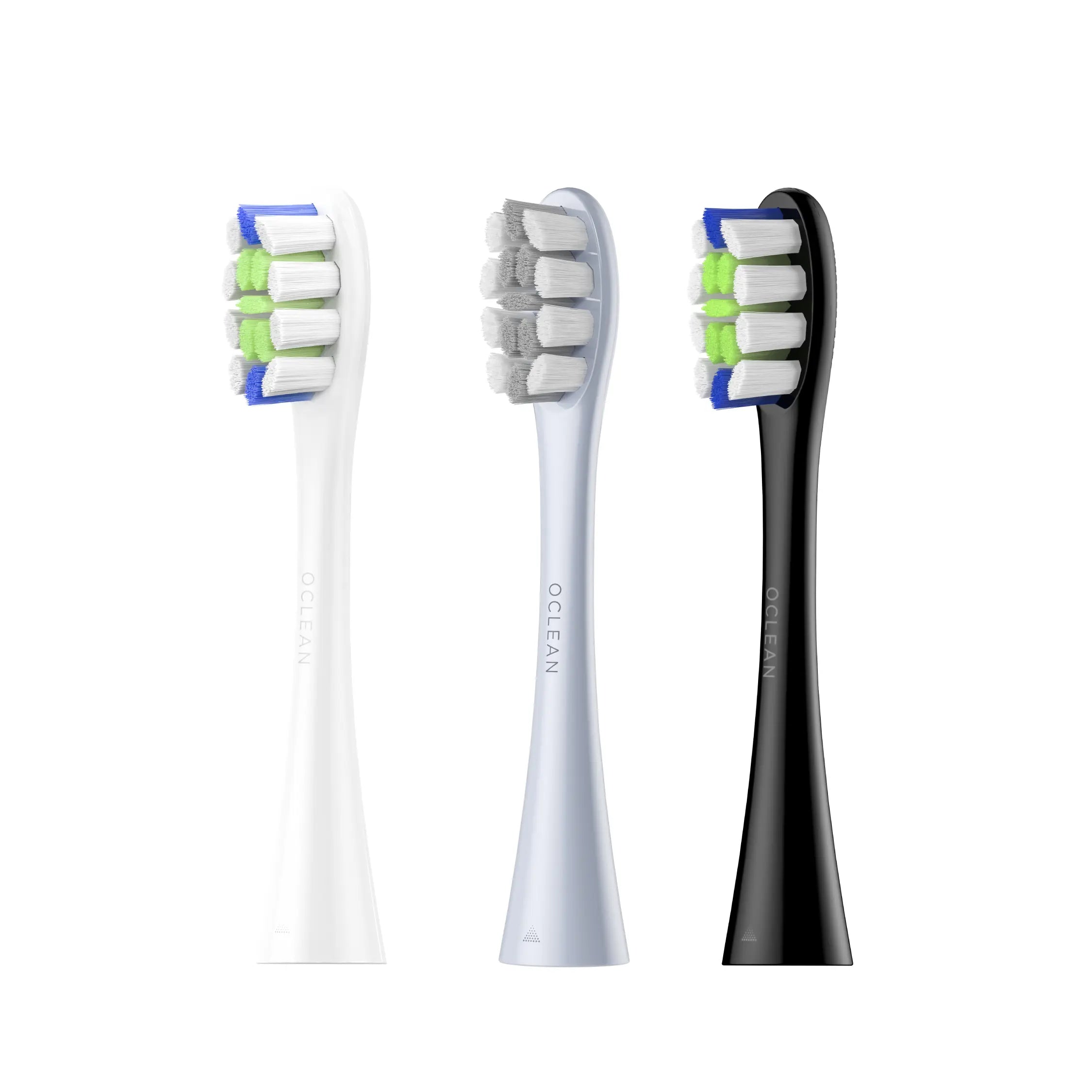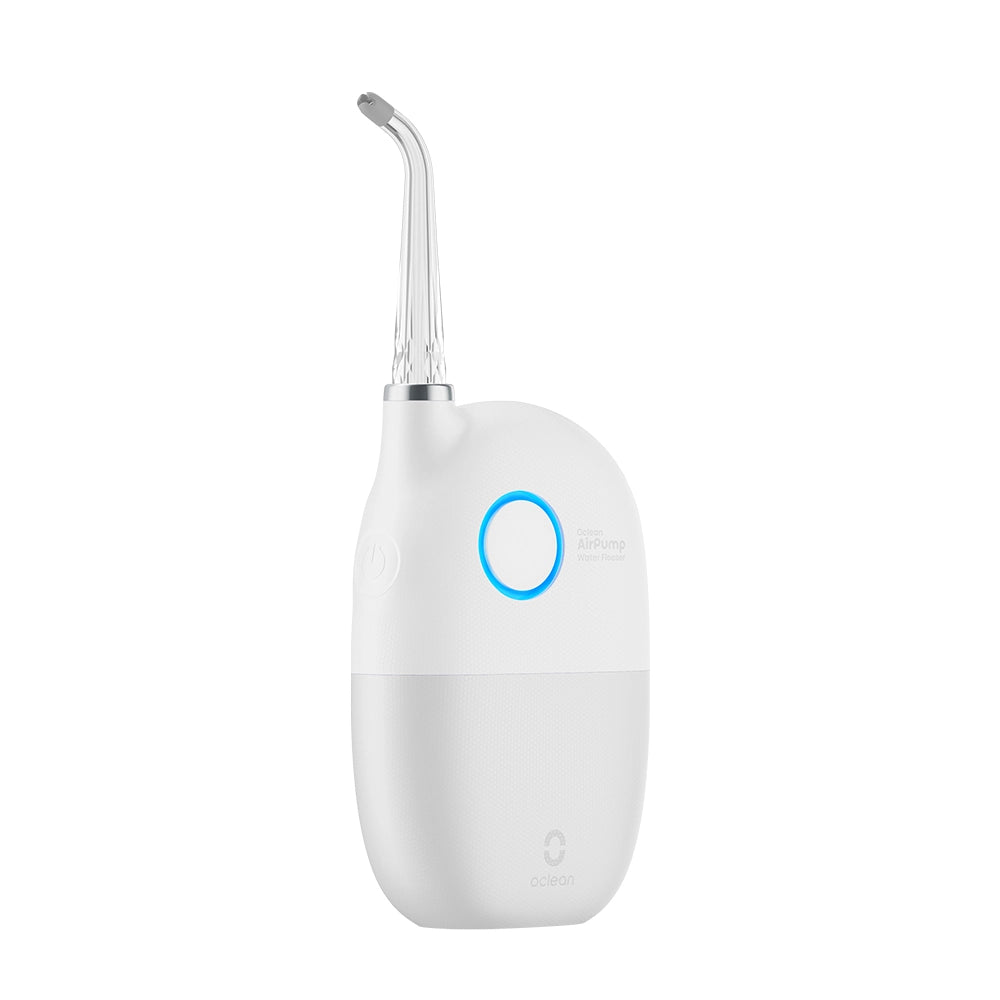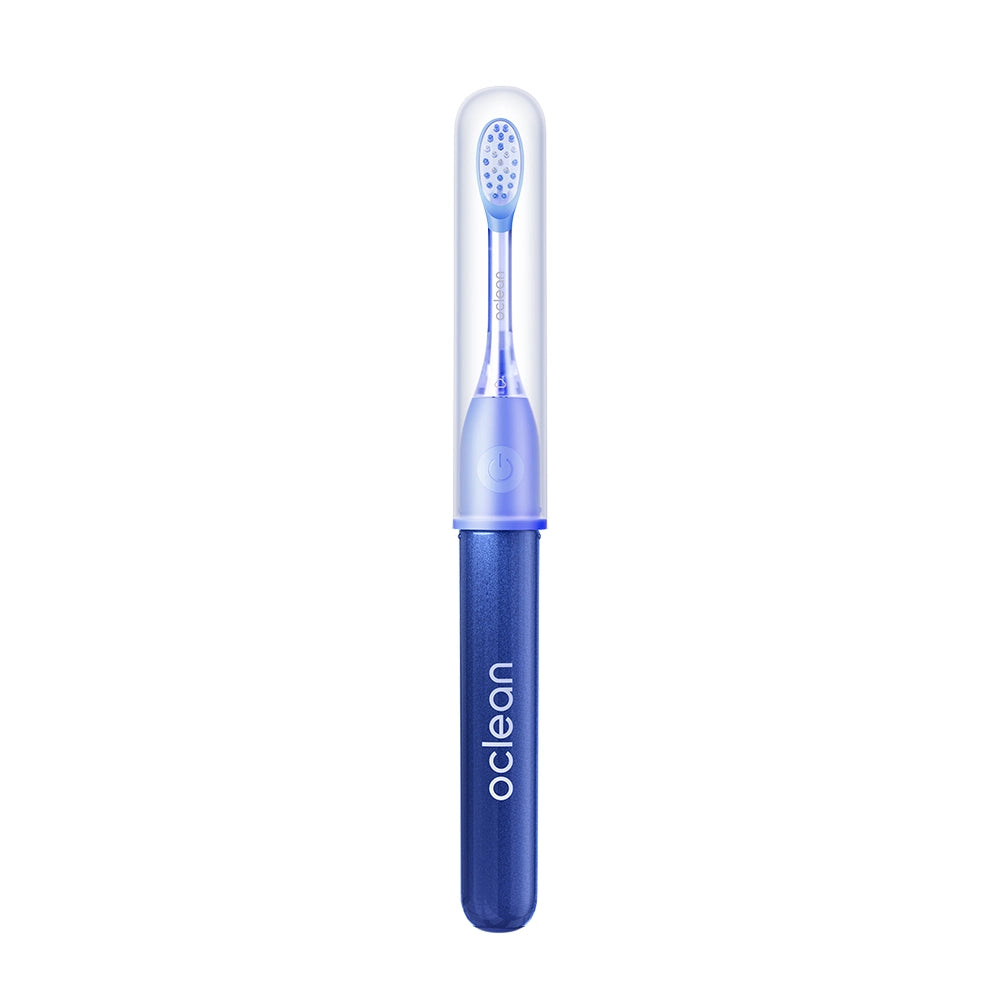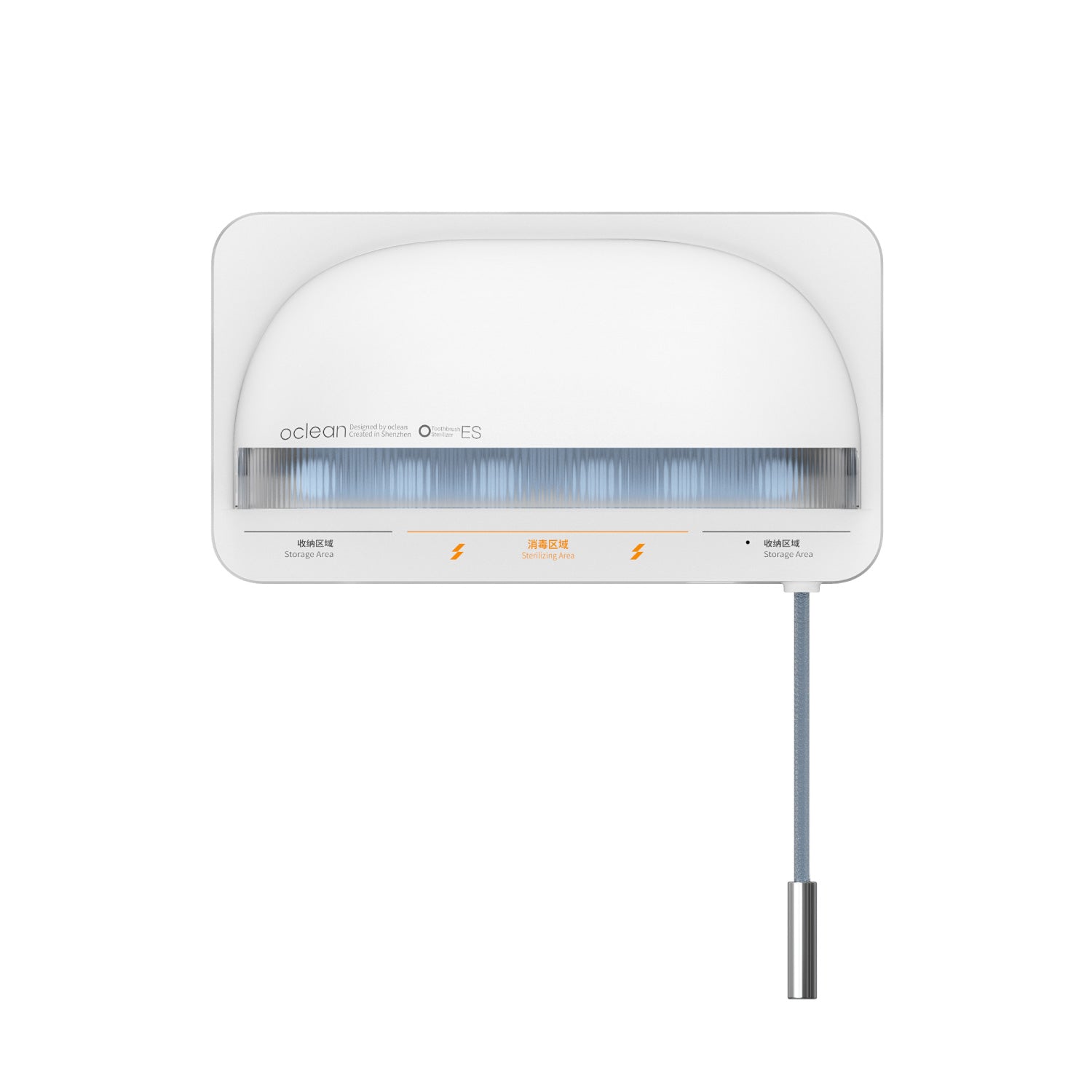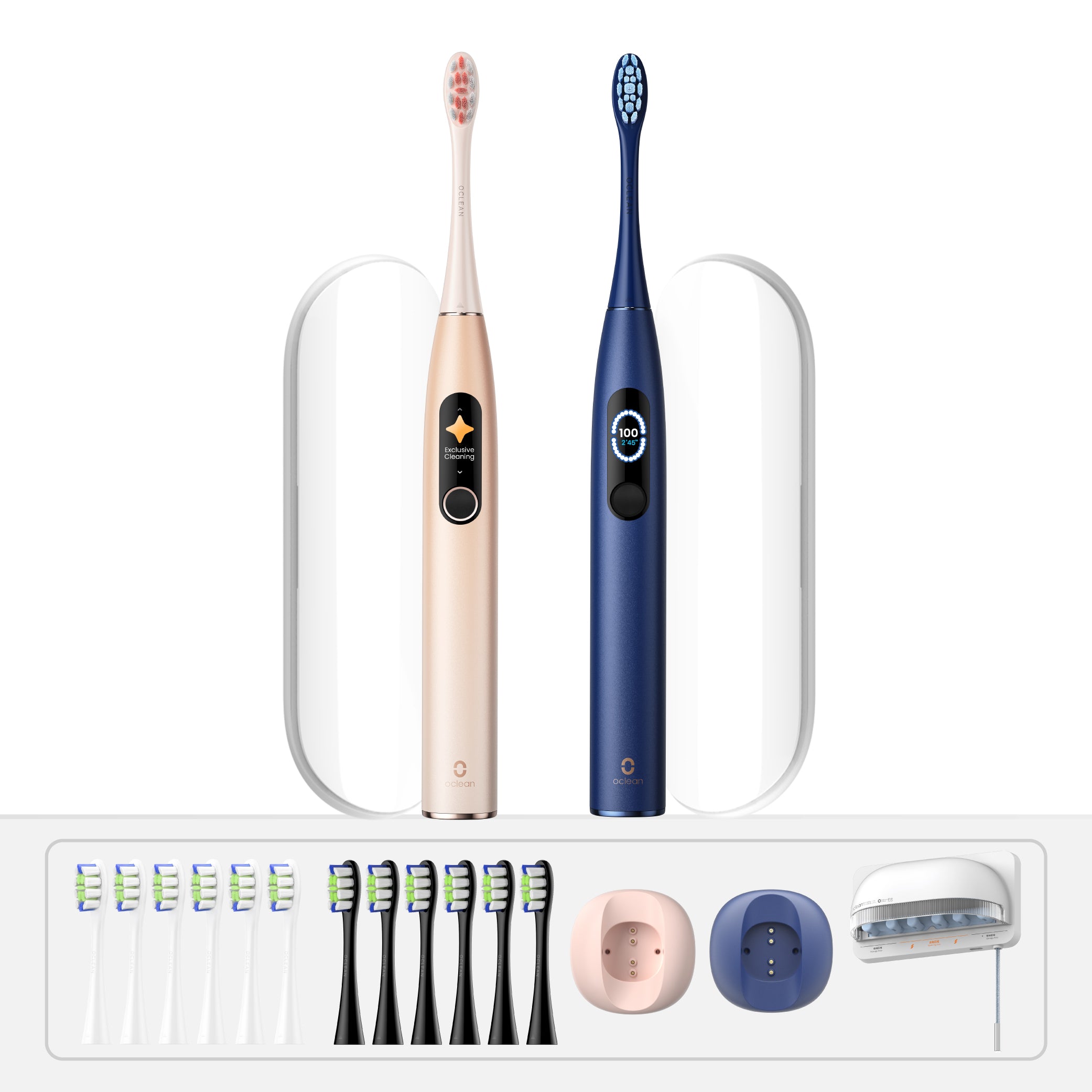Is there anything more unpleasant than waking up to a sore, aching toothache that renders even the most minor task intolerable? If you've ever been wincing with every bite or sip, then you'll know what we are talking about. Toothache can stop you in your tracks, unable to focus on anything else but the agony.
Understanding why your tooth hurts is the first step to relief. Tooth pain has numerous causes, some of which are easily fixed at home, while others will require a visit to the dentist. Whether a dull ache or a sharp flash of pain, your tooth is sending you a signal something is wrong.
In this article, we will discuss the most common and less common causes of tooth pain, how you can identify the problem, and most importantly, how to relieve the pain to get back to living your life without that pesky pain.

Common Causes of Tooth Pain
Toothache can be caused by a range of underlying reasons, some of which are more prevalent than others. Determining the cause of your pain is important in finding the correct solution. Let us take a look at the most prevalent perpetrators of toothaches.
Dental Cavities (Tooth Decay)
The most frequent cause of toothache is cavities. Cavities result when bacteria break down the enamel, which leads to sensitivity and pain. Pain tends to come and go and is triggered by hot, cold, or sweet food. A small cavity can develop into a more severe disease if left untreated, so it should be treated early.
Gum Disease
Gingivitis, the first stage of gum disease, can result in red, sore, and bleeding gums. Advanced to periodontitis, it can result in loss of the bone structure and cause extreme pain. In most instances, this type of pain is not just felt in the tooth, but also in gum tissue around it, and it can appear swollen or sore.
Tooth Abscess
When the tooth root becomes infected with bacteria, an abscess can form, causing intense, throbbing pain. It is also further accompanied by swelling, fever, and halitosis. It is one of the most urgent dental problems, as untreated abscesses can result in extreme infection and even tooth loss.
Tooth Fracture
A broken or cracked tooth is another common cause of discomfort, especially with biting or chewing. The pain is stabbing and instantaneous, depending on the type of fracture. The pain can become aggravated when force is applied to the broken tooth or when subjected to very cold or very hot temperatures.
Teeth Grinding (Bruxism)
A proportion of individuals grind their teeth unconsciously during sleep, wearing away the enamel and leading to jaw pain. Bruxism is likely to be the culprit if you wake up with aching jaw or dull pain. The habit can lead to excruciating toothache pain as well as tooth damage over the long run.
All of these issues have different treatments, ranging from fillings to more extensive operations. If you encounter any of these, you should have them treated as soon as possible to prevent further issues.

Less Common Causes of Tooth Pain
Though the above causes are more classically linked to toothache, there are others that are less common but could be the cause of your discomfort.
Sinus Infection
An infection of the sinuses can sometimes result in upper teeth pain due to the proximity of the sinus cavities to the roots of the teeth. The pressure of the infection can be experienced in your teeth, which is similar to a toothache. In addition to toothache, you can also experience sinus congestion, headache, and facial pressure.
Impacted Wisdom Teeth
Wisdom teeth, if improperly erupting, can be painful. When impacted in the gum line, the teeth can be the cause of pressure, pain, and even infection. The pain is in the back of the mouth and may be accompanied by swelling or the inability to open the mouth.
Nerve Damage or Pulpitis
When the dental pulp (the inner soft tissue of the tooth) becomes inflamed, often the result of infection, it can result in pulpitis. It is a sharp, ongoing pain that usually results from hot or cold beverages. It can be very severe pain and, in some instances, needs a root canal for relief.
Though these are less common, they should still be evaluated by a dentist. If the pain persists and is not being managed with over-the-counter methods, it's well worth having a professional exclude any of these less common causes.
Recognizing Tooth Pain: When Do You Require Professional Help?
Not all toothaches are equal, and you can't always tell when the pain you're experiencing is worth a dentist trip. While some occasional, mild pain can be resolved by over-the-counter treatments in your own home, more chronic or severe pain must be addressed immediately.
If your toothache lasts longer than a few days, or if it becomes chronic, it is a warning that something is more deeply amiss. This is especially true if the pain is stabbing or throbbing, or worsens when you bite or when pressure is applied. An abscess or deep infection could be spreading, and if not treated, infections tend to make more issues.
You should also see a professional if you experience other symptoms such as swelling of your gums, fever, or swallowing and breathing trouble. They can be symptoms of an infection that should be treated right away. If you can't manage the pain with over-the-counter pain medication, or if the pain is severe, you should see a dentist sooner rather than later.
Although home remedies may bring temporary relief, a dentist will be able to diagnose the problem and treat you to prevent lasting damage to your gums and teeth.

Home Remedies for Toothache Relief
Toothache is painful, but there are a few remedies that you may want to try at home to help relieve pain until you can visit a professional. While these remedies will not repair the issue, they can provide relief and make daily tasks a little easier.
Cold packs, over-the-counter painkillers, saltwater mouthwash, and clove oil are some of the most common home remedies used to treat toothache successfully.
Specialized Dentistry Treatment for Toothache
While home remedies may bring relief quickly, professional dental services are most likely required to address the root of the toothache. Here is an overview of the most popular treatments that your dentist may recommend.
Crowns and Fillings
If you have a cavity leading to your toothache, the solution is as simple as a filling. If the cavity is deep, a crown will be required to restore the tooth's shape and function. Both procedures eliminate the pain from the tooth by removing the decay.
Root Canal Treatment
For intense toothaches caused by deep infection or damage to the pulp of a tooth, a root canal is normally the treatment of choice. In a root canal, the infected pulp is extracted and the tooth sealed, eliminating the pain and infection.
Gum Treatment
If gum disease is the cause of your toothache, a dentist may recommend deep cleaning or scaling to remove plaque and tartar deposits. Surgery is required in extreme cases.
Antibiotics for Infection
If the toothache is caused by an infection, you will be given antibiotics to eliminate the infection prior to other work being carried out.
Tooth Removal
If the tooth is badly infected or fractured and cannot be repaired, tooth removal is an option. This would be the last resort but can end the pain and future complications.
How to Maintain Oral Health?
In addition to the regular brushing, flossings, and regular check-ups, incorporating a water flosser into your daily oral health routine can be very effective in the prevention of tooth pain and general oral hygiene. The Oclean AirPump A10 Water Flosser is a good device to utilize to dislodge plaque between teeth and along the gum line.

With a water flosser, you can reduce plaque deposits, prevent gum disease, and have healthy teeth. It is an excellent choice for individuals who experience tooth sensitivity or are sensitive to regular flossing. The AirPump A10 is small enough, light enough, and powerful enough, so you can take it easily wherever you are.
The Bottom Line
Tooth pain can be caused by a lot of things, ranging from cavities to gum disease and even infection. Some of them can be fixed at home, but one should go see a dentist if the pain does not go away or becomes worse. It is better to act early so that you do not end up with permanent damage and to be able to lead a life without pain.

By adopting good oral care and taking the initiative, such as through the use of products like the Oclean AirPump A10 Water Flosser, you can reduce your risk of future toothaches. Regular dental visits, brushing, and flossing are the secrets to healthy gums and teeth. Don't let pain from your teeth dictate your life. Get relief early, take precautions, and invest in the equipment that will assist you in keeping your teeth in the best health for years to come.
Sisukord
